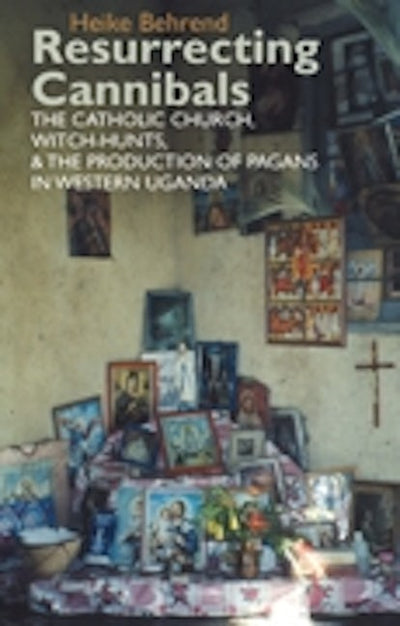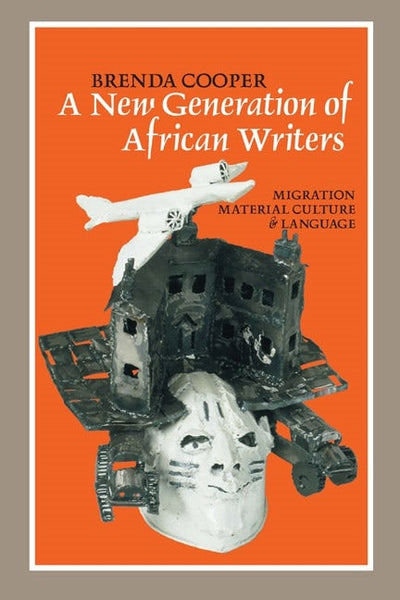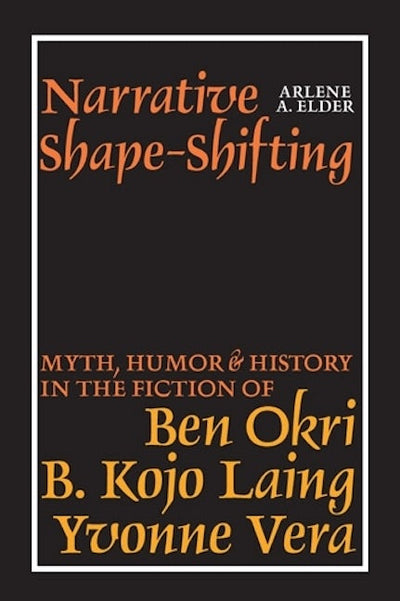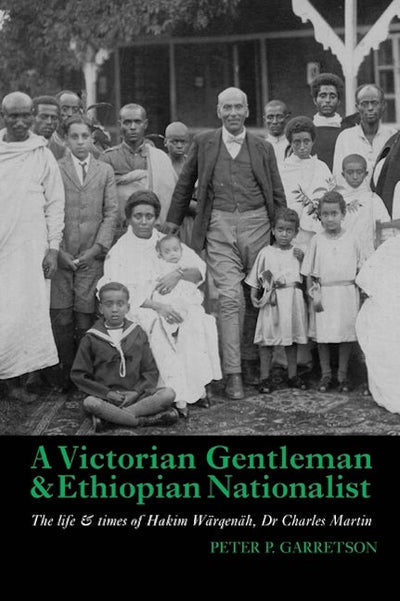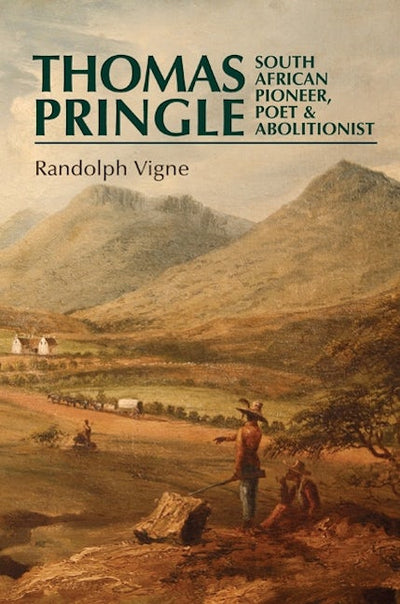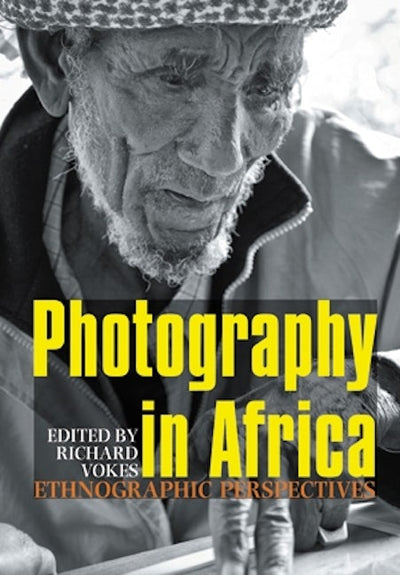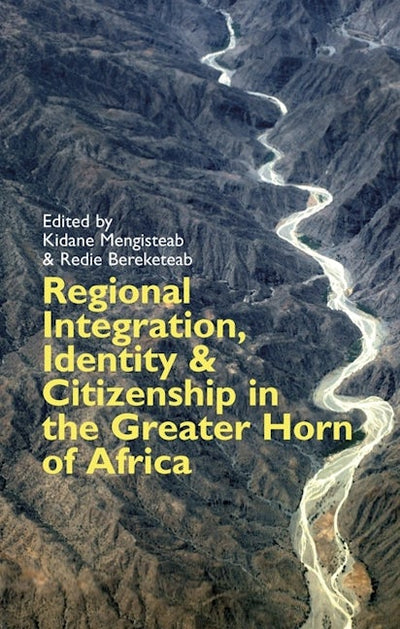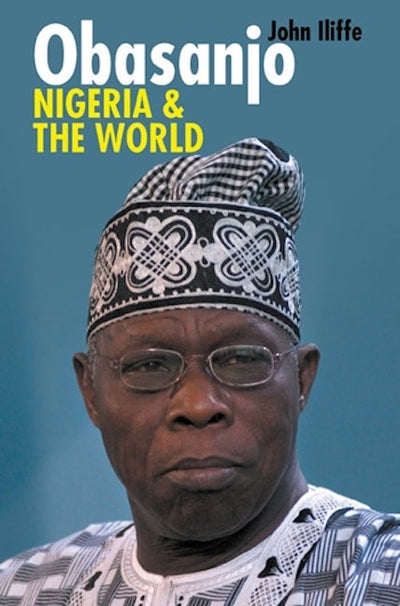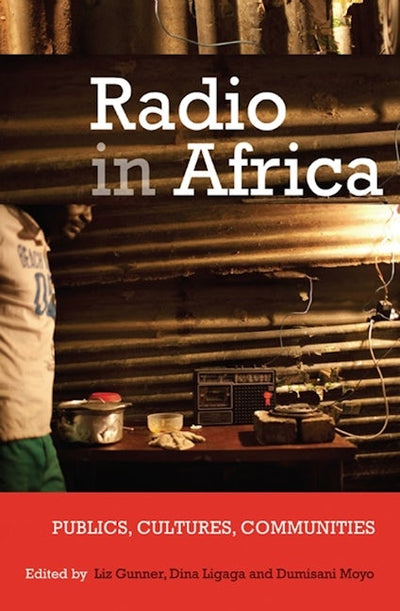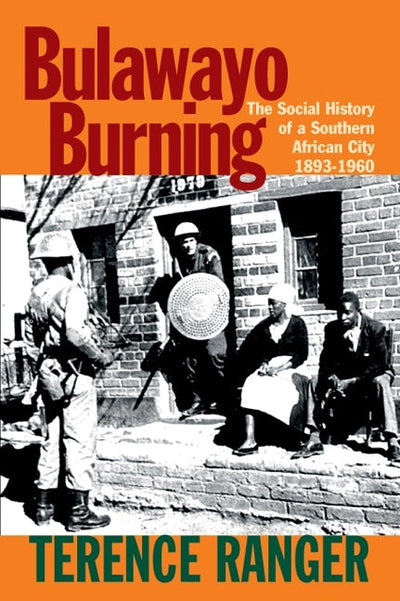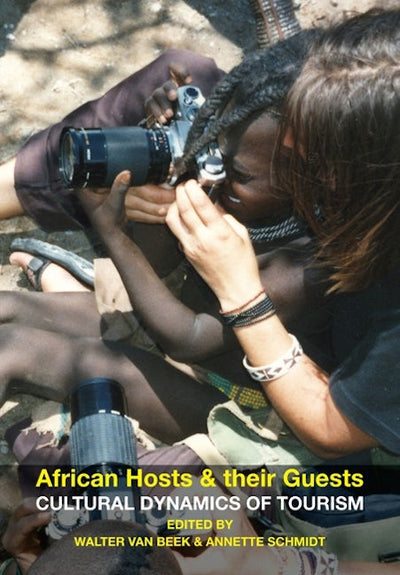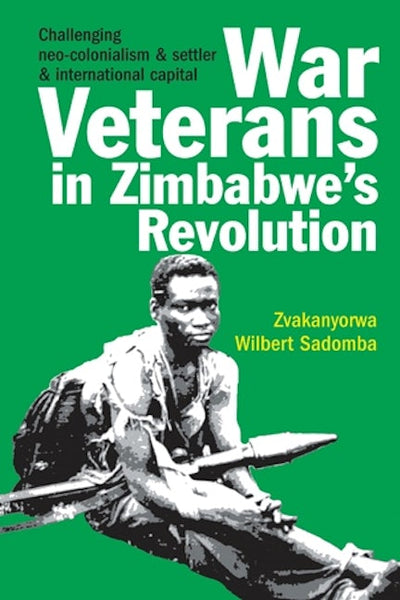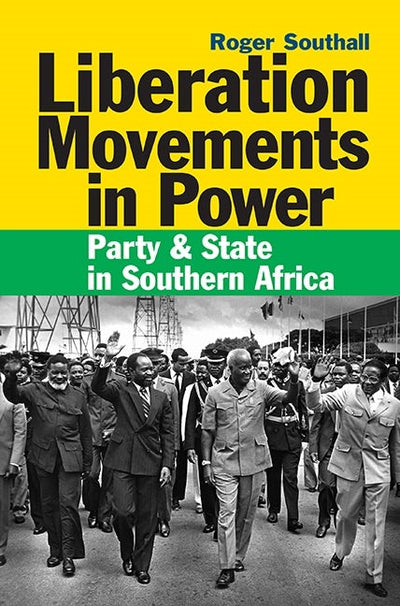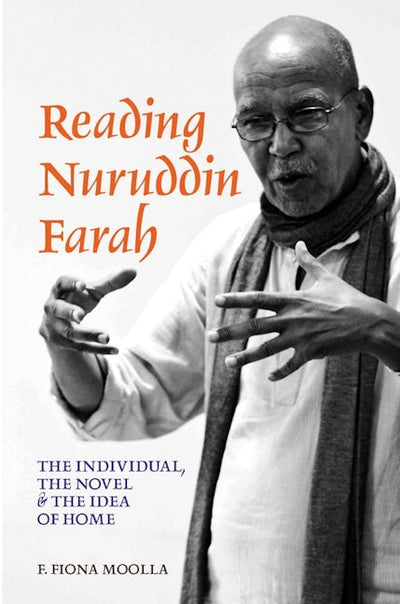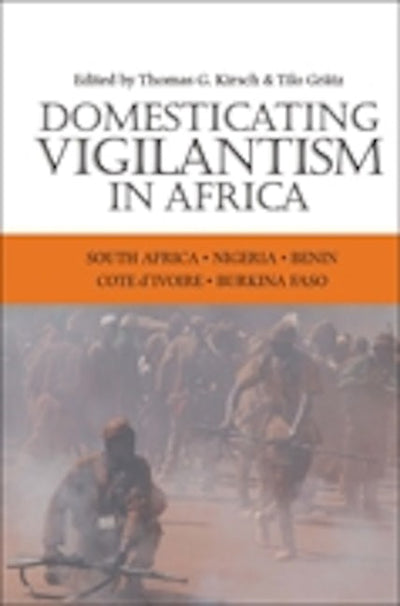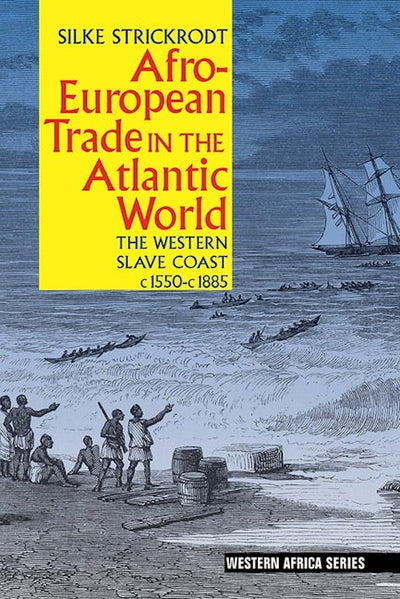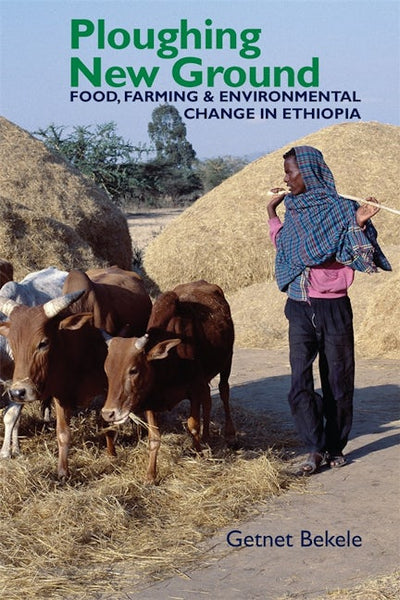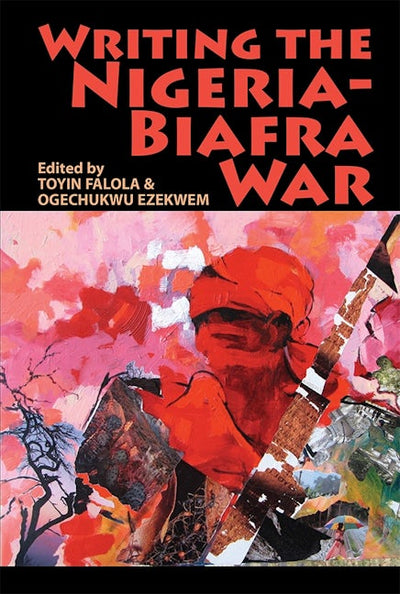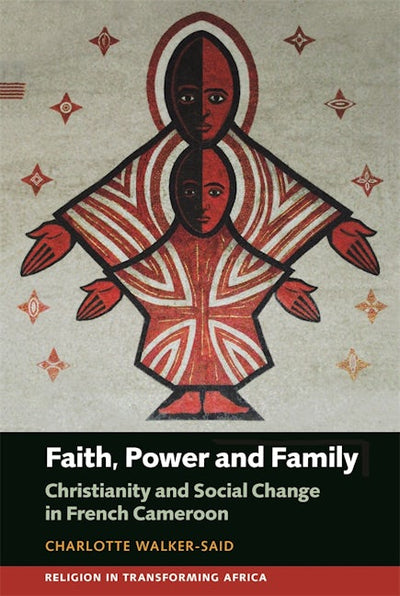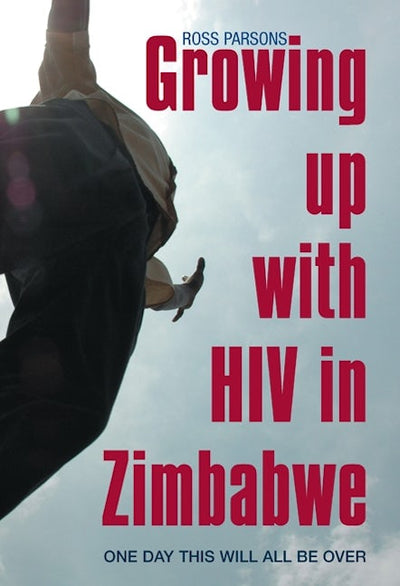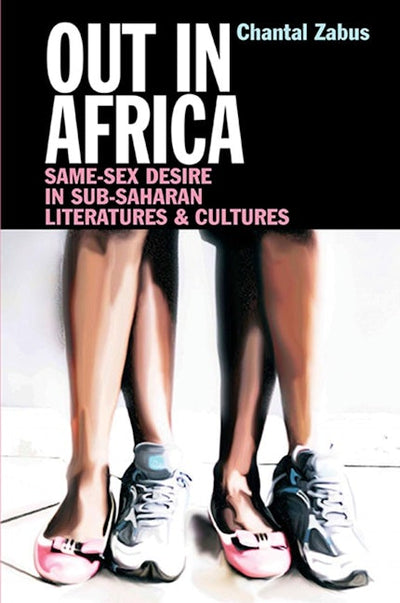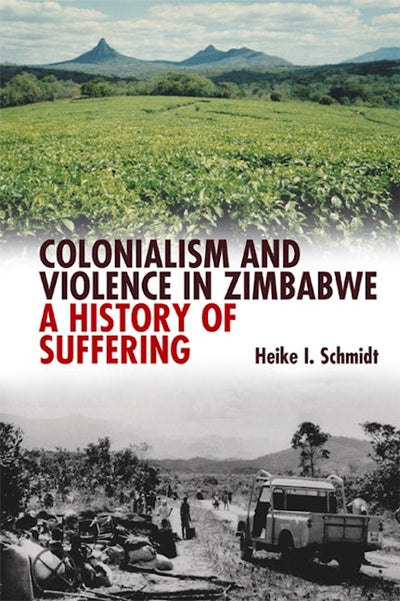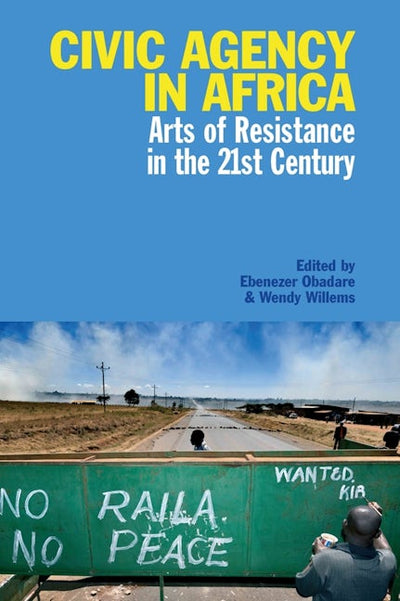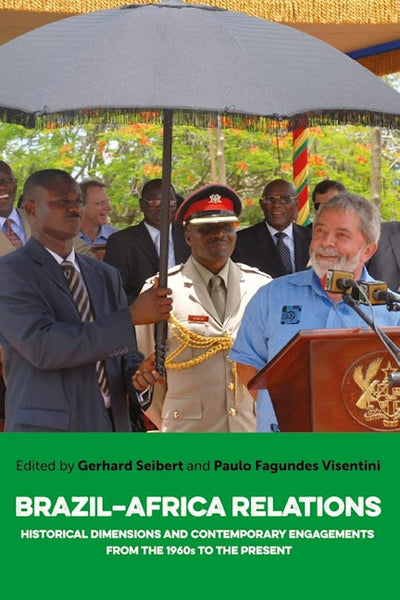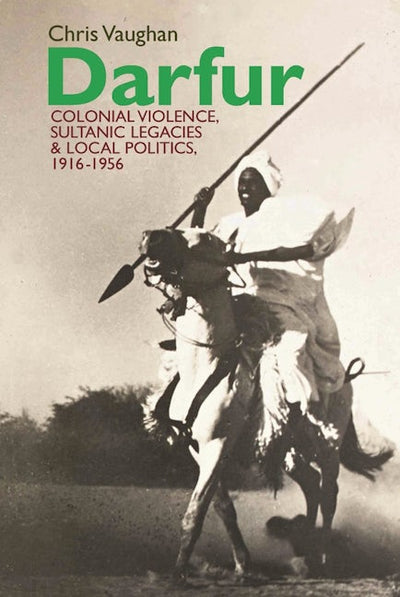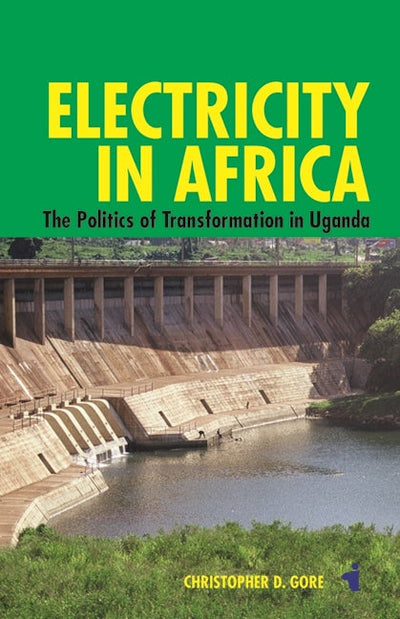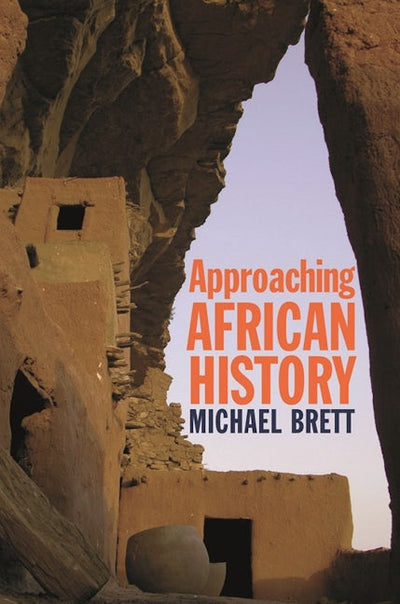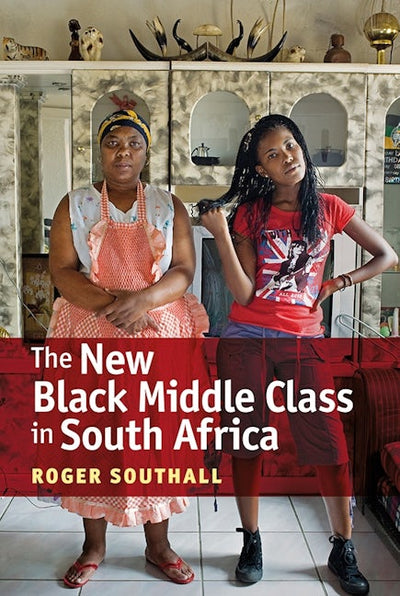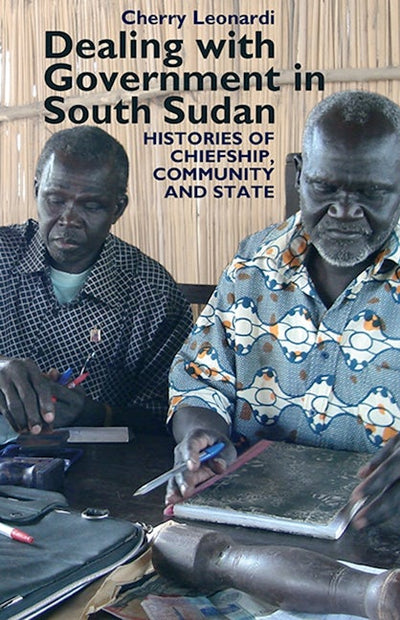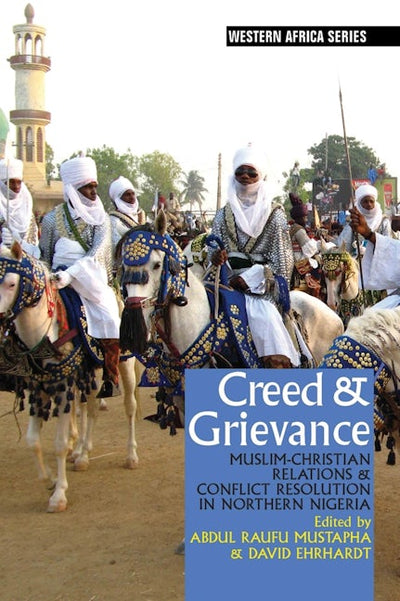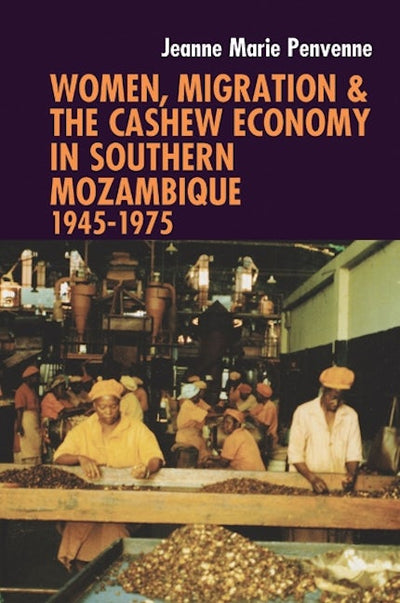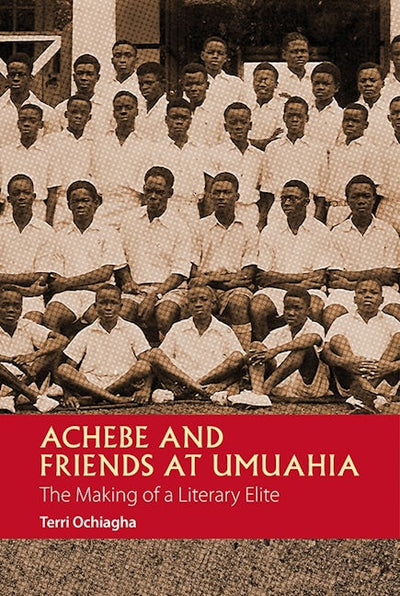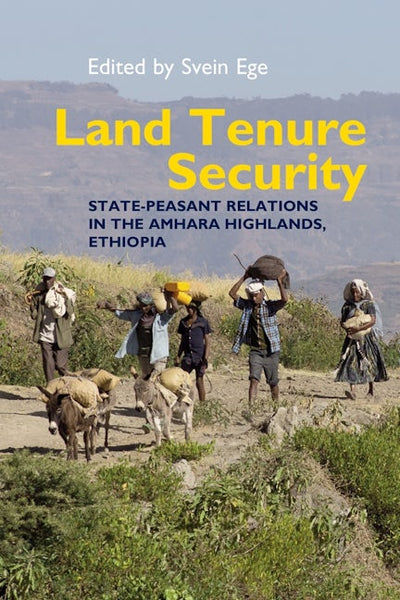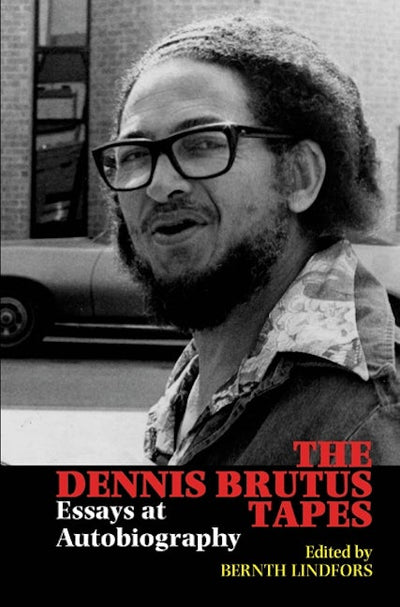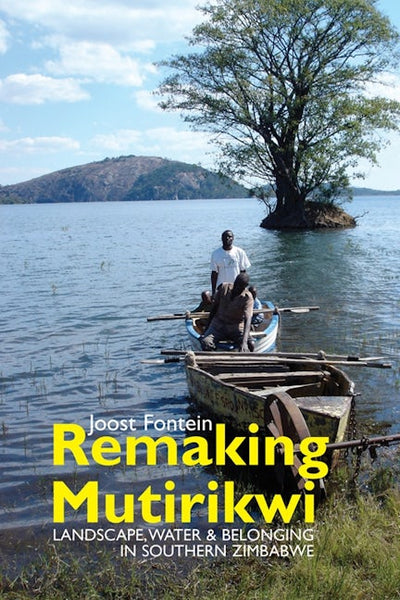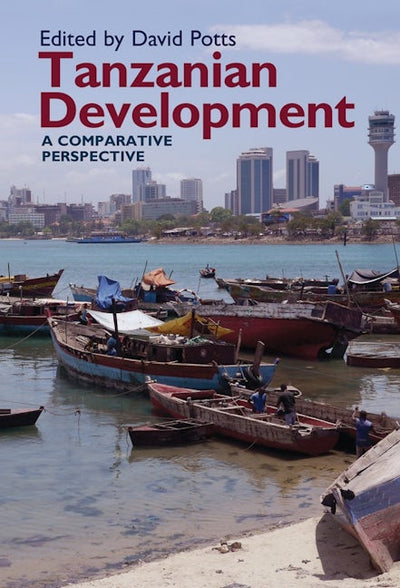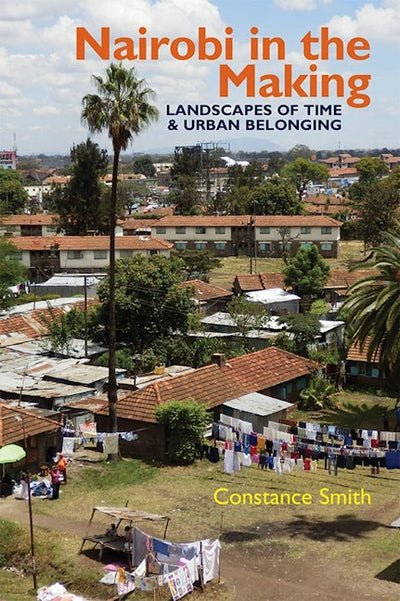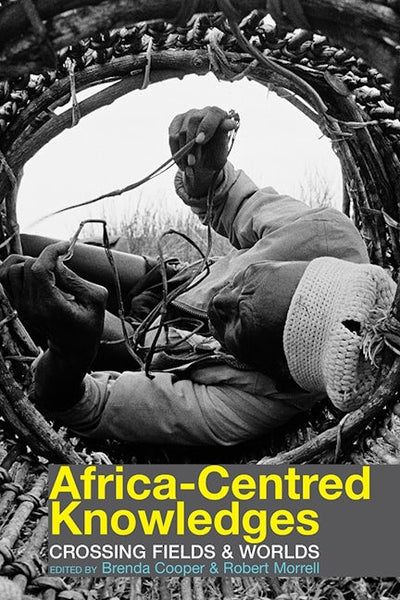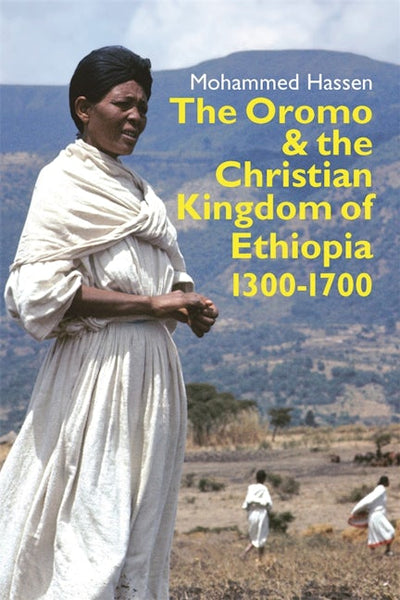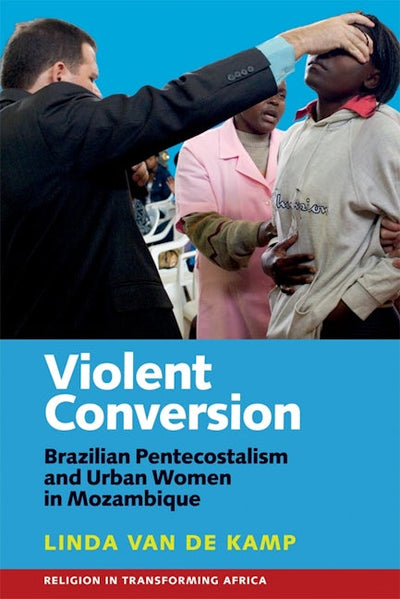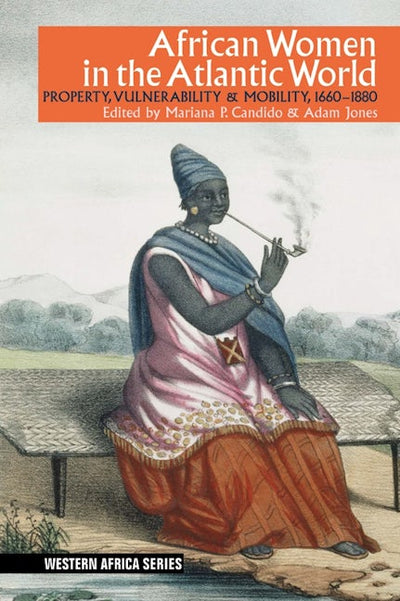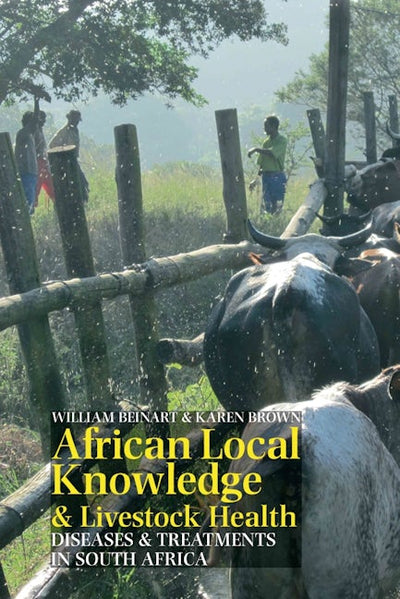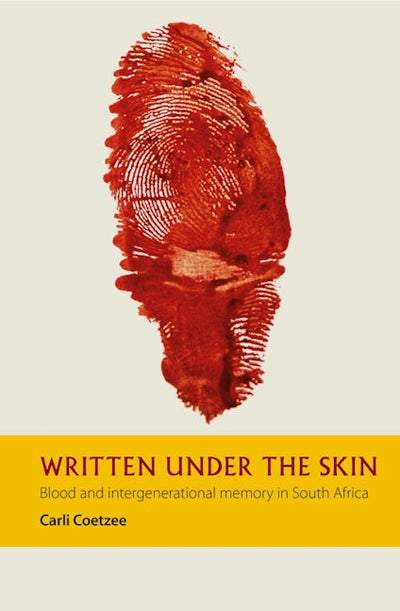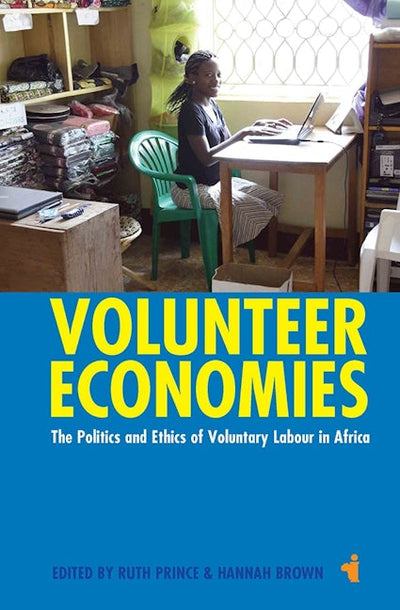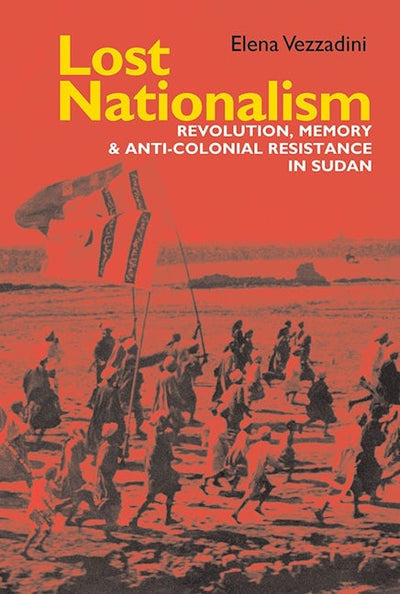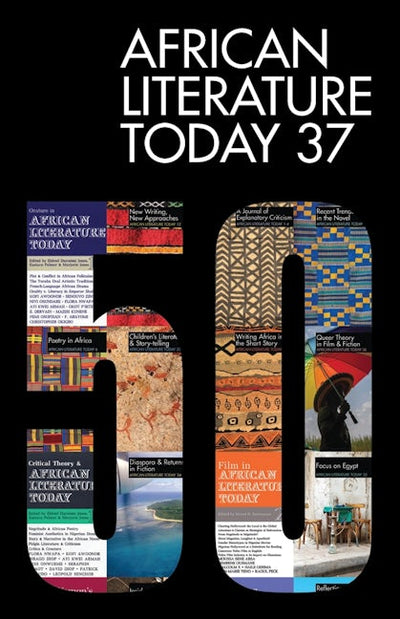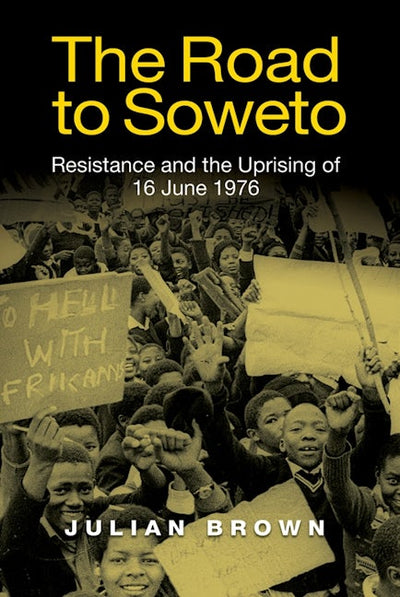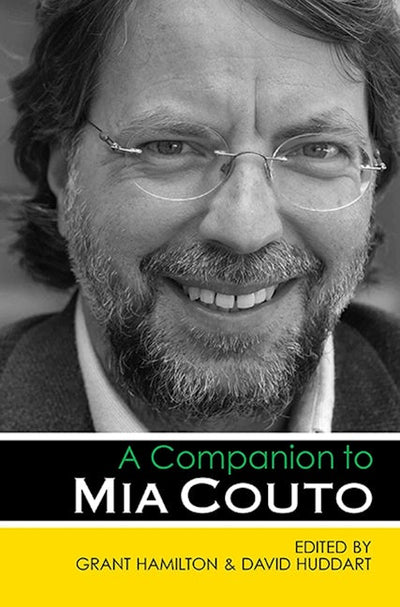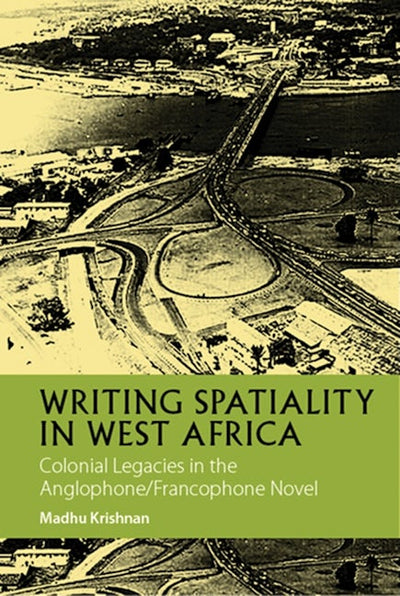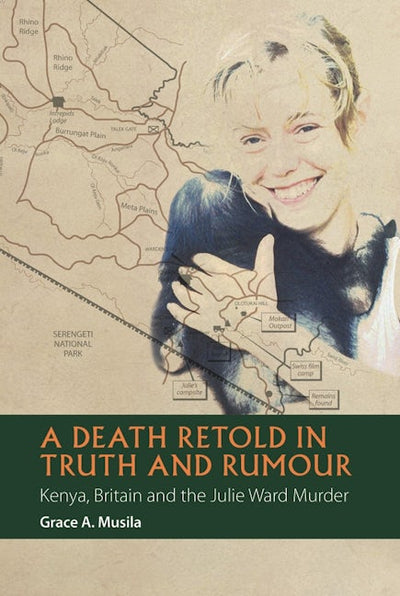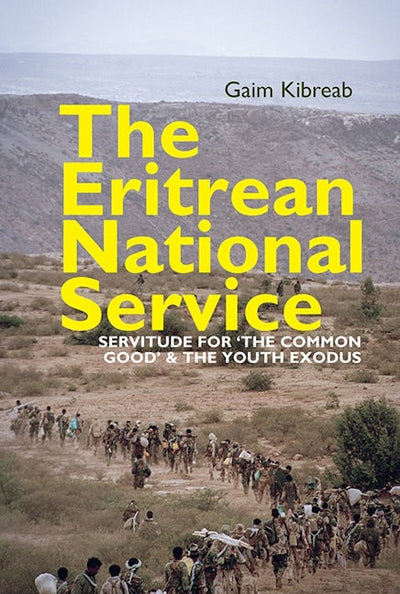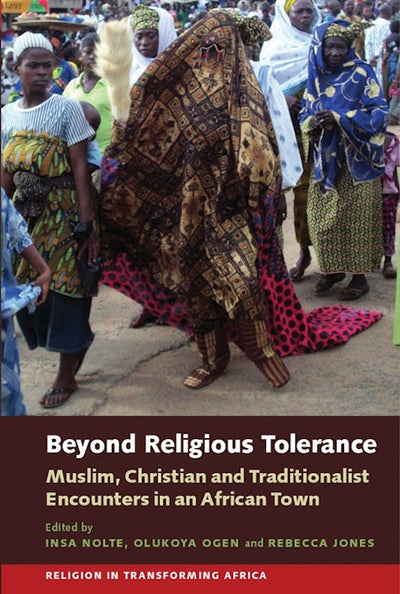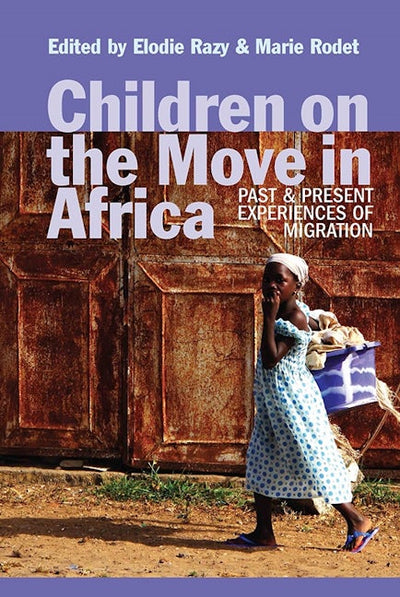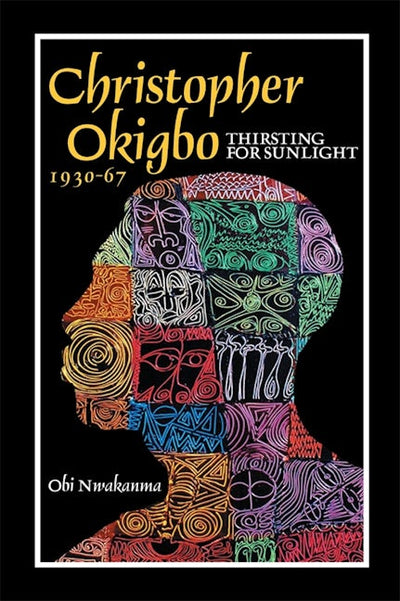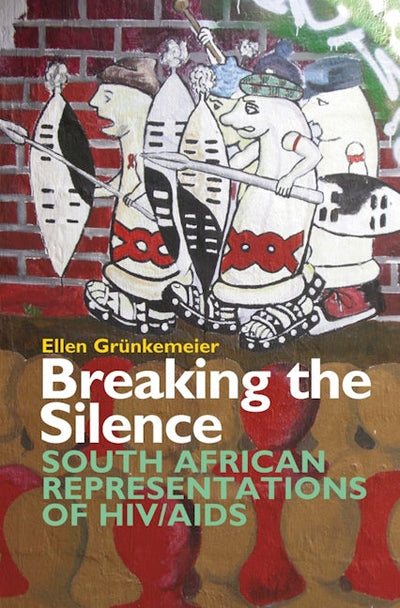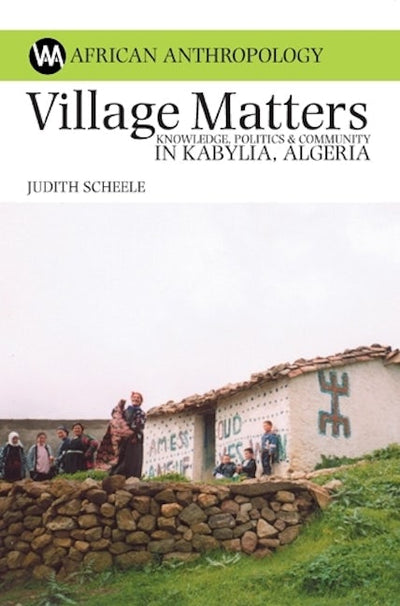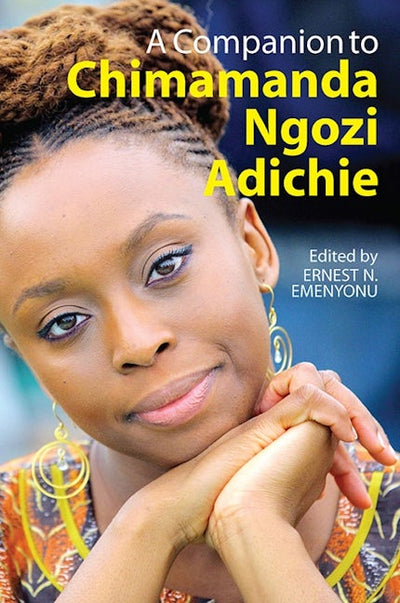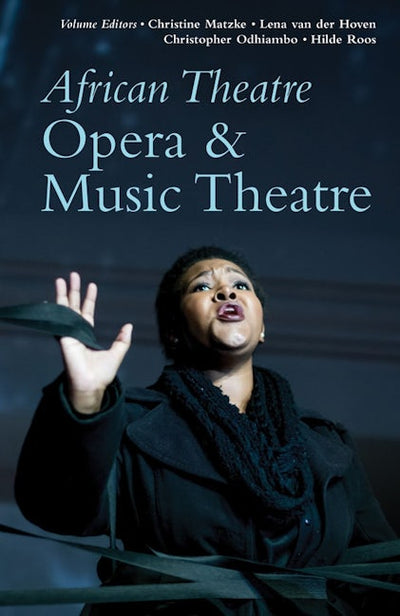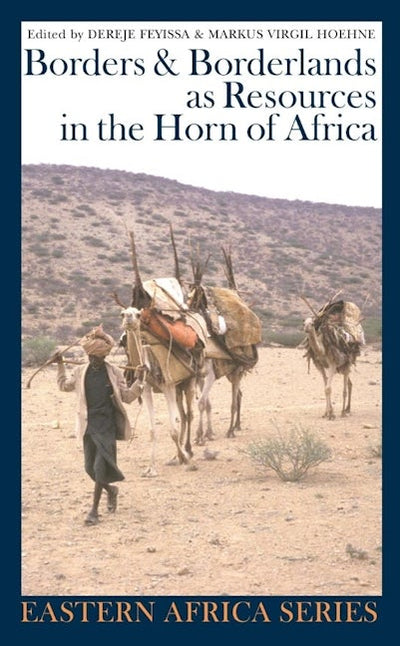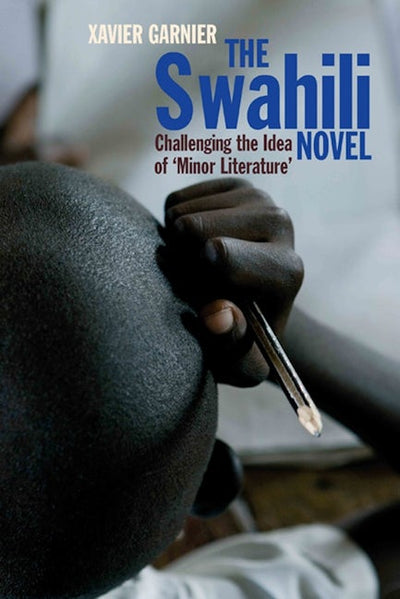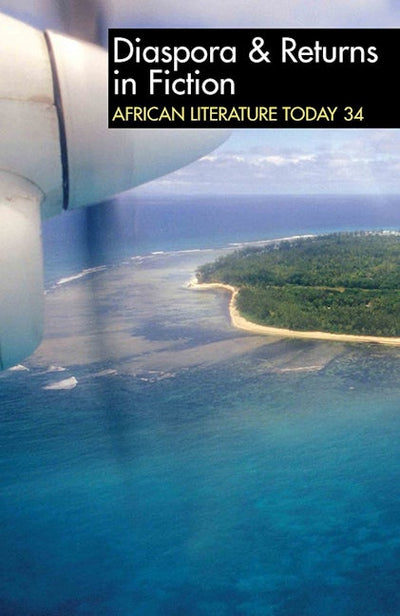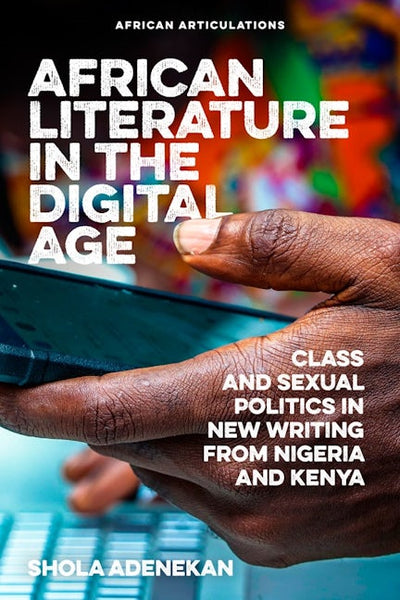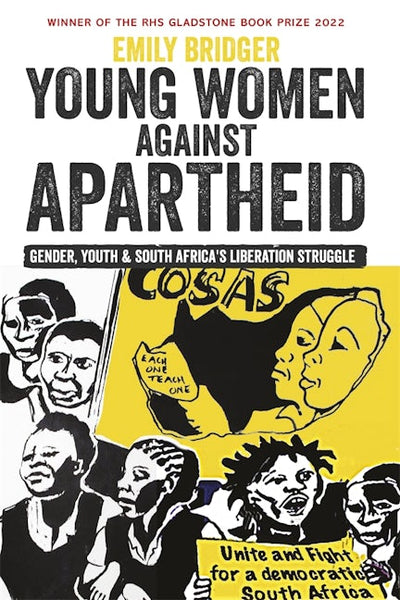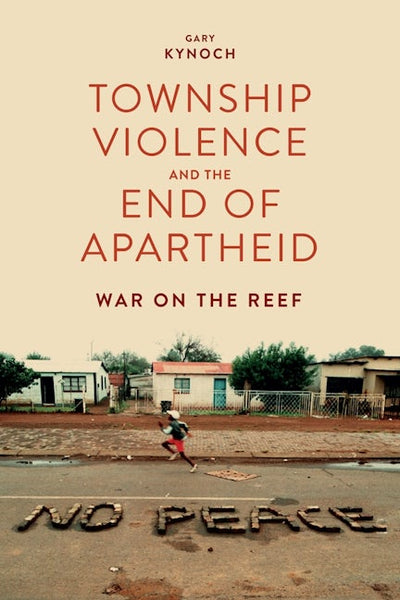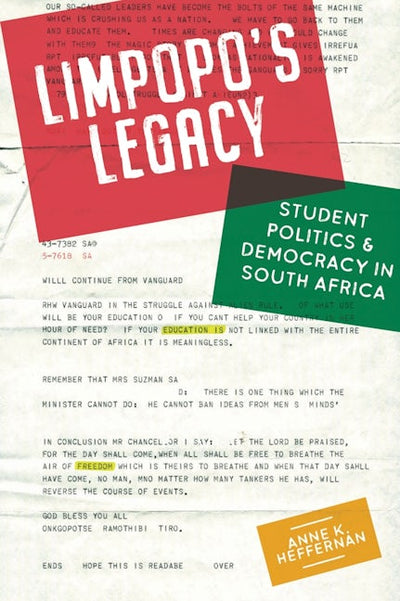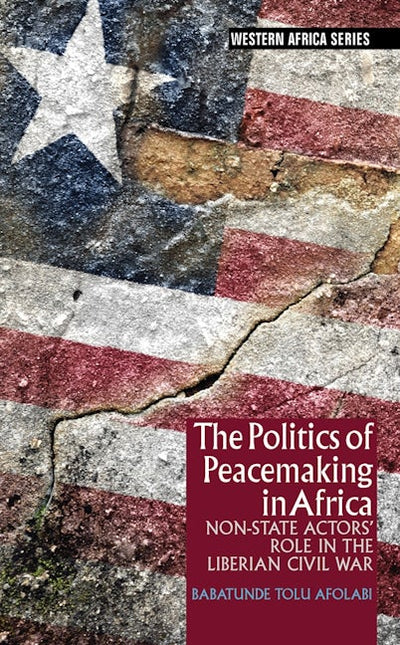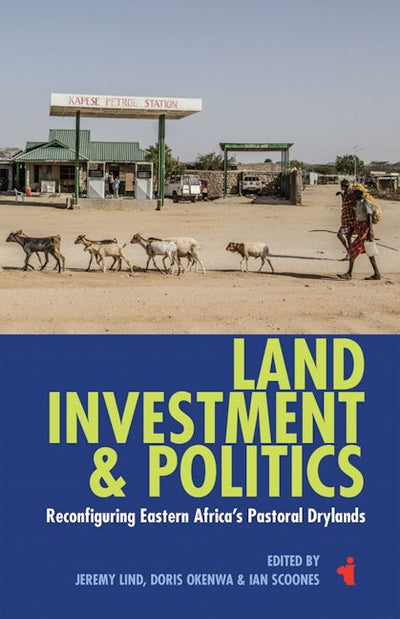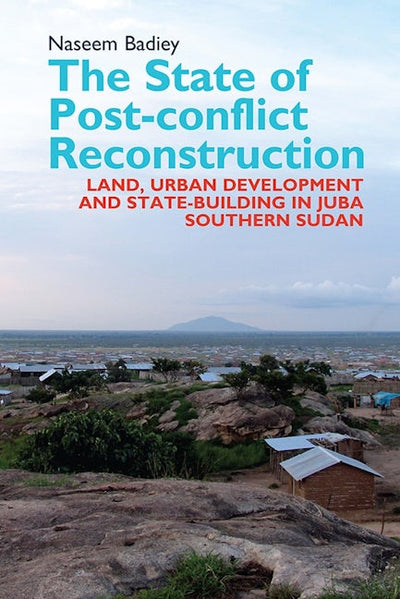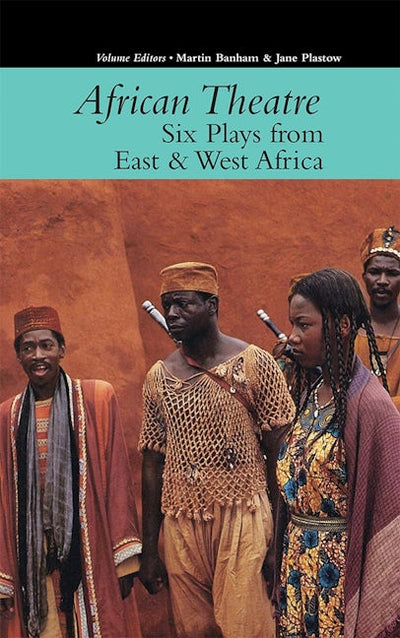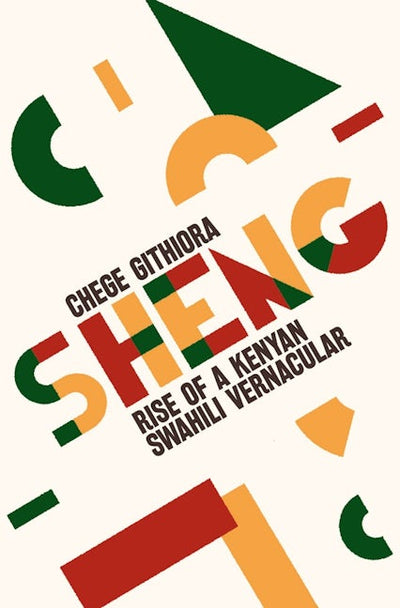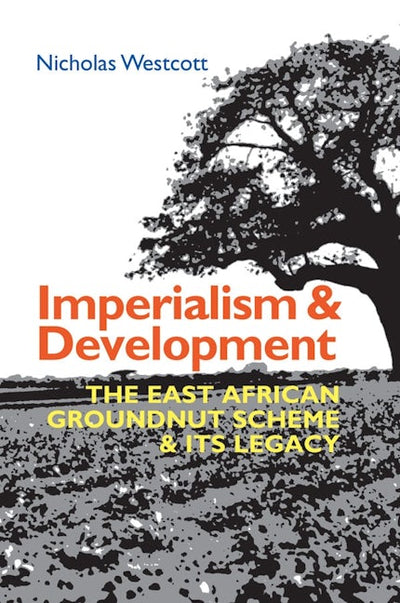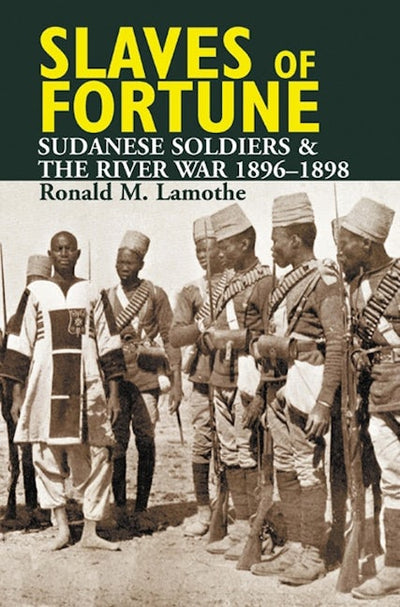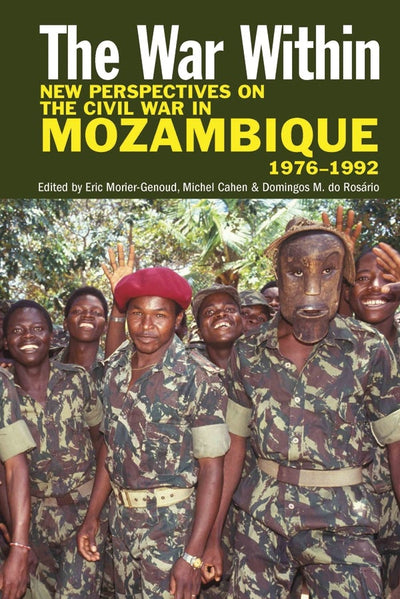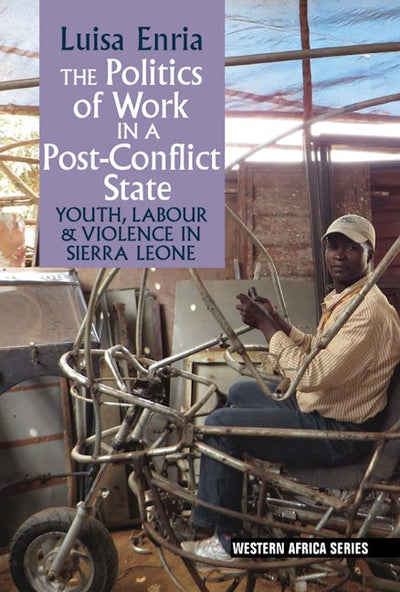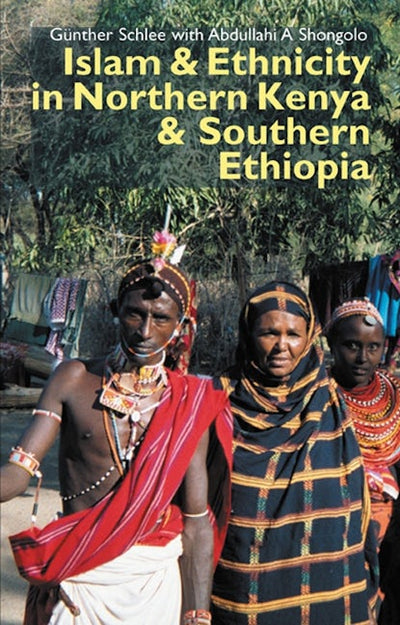-
Antiques & Collectibles
-
Architecture
-
Art
-
Bibles
-
Biography & Autobiography
-
Body, Mind & Spirit
-
Business & Economics
-
Comics & Graphic Novels
-
Computers
-
Cooking
-
Crafts & Hobbies
-
Design
-
Education
-
Family & Relationship
-
Fiction
-
Foreign Language Study
-
Games & Activities
-
Gardening
-
Health & Fitness
-
History
-
House & Home
-
Humor
-
Juvenile Fiction
-
Juvenile Nonfiction
-
Language Arts & Disciplines
-
Law
-
Literary Collections
-
Literary Criticism
-
Mathematics
-
Medical
-
Miscellaneous
-
Music
-
Nature
-
Performing Arts
-
Pets
-
Philosophy
-
Photography
-
Poetry
-
Political Science
-
Psychology
-
Reference
-
Religion
-
Self-Help
-
Science
-
Social Science
-
Sports & Recreation
-
Study Aids
-
Technology & Engineering
-
Transportation
-
Travel
-
True Crime
-
Young Adult Fiction
-
Young Adult Nonfiction
-
Antiques & Collectibles
-
Architecture
-
Art
-
Bibles
-
Biography & Autobiography
-
Body, Mind & Spirit
-
Business & Economics
-
Comics & Graphic Novels
-
Computers
-
Cooking
-
Crafts & Hobbies
-
Design
-
Education
-
Family & Relationship
-
Fiction
-
Foreign Language Study
-
Games & Activities
-
Gardening
-
Health & Fitness
-
History
-
House & Home
-
Humor
-
Juvenile Fiction
-
Juvenile Nonfiction
-
Language Arts & Disciplines
-
Law
-
Literary Collections
-
Literary Criticism
-
Mathematics
-
Medical
-
Miscellaneous
-
Music
-
Nature
-
Performing Arts
-
Pets
-
Philosophy
-
Photography
-
Poetry
-
Political Science
-
Psychology
-
Reference
-
Religion
-
Self-Help
-
Science
-
Social Science
-
Sports & Recreation
-
Study Aids
-
Technology & Engineering
-
Transportation
-
Travel
-
True Crime
-
Young Adult Fiction
-
Young Adult Nonfiction
Letters of Seamen in the Wars with France, 1793-1815
Regular price $240.00 Save $-240.00Letters of seamen below the rank of commissioned officer are rare, both in original form and in print. This edited collection of 255 letters, written by seamen in the British Navy and their correspondents between 1793 and 1815, gives voice to a group of men whose lives and thoughts are otherwise mostly unknown. The letters are extremely valuable for the insights which they give into aspects of life below decks and the subjects close to the writers' hearts:money matters, ties with home and homesickness. They also provide eye-witness accounts of events during a tumultuous and important period of British and European history. One group of letters, included as a separate section, comprises the letters of seamen and their family and friends which were intercepted by the authorities during the mutinies of 1797. These letters shed a great deal of light on the extraordinary events of that year and of seamen's attitudes to the mutinies. The editors' introductory material, besides highlighting what the letters tell us about seamen's lives and attitudes, also discusses the extent of literacy amongst seamen, setting this into its wider contemporary popular context. The letters are supported by a substantial editorial apparatus and two detailed appendices containing biographies of seamen and information on select ships which took part in the mutinies of 1797.
Helen Watt, a professional archivist and researcher, is currently Project Archivist with the Borthwick Institute for Archives, University of York, and has also worked on other research projects at The National Archives, Kew, theNational Library of Wales and the University of Wales Centre for Advanced Welsh and Celtic Studies, Aberystwyth.
Anne Hawkins, a retired civil servant, was Secretary of the Ships' Names and Badges Committee in the early 1990s and has family links with the Navy and Admiralty.

The Irish in the Spanish Armies in the Seventeenth Century
Regular price $130.00 Save $-130.00It is well-known that many Irishmen who refused to submit to the English in the reigns of Elizabeth and the early Stuart kings, including the famous earls of Tyrone and Tyrconnell, went to fight for the king of Spain, but what they did when they joined the Spanish armies is much less well-known. This book provides a wealth of detail on the activities of the Irish in the Spanish armies in the late sixteenth and seventeenth centuries. It outlines who the Irish soldiers were, how they were recruited and the terms under which they served. It discusses their military roles both in the wars in Flanders between the Spanish and their former Dutch subjects, and, later, in the Hispanic peninsula, showing how the Irish were often employed as elite troops who made significant contributions to major military actions, such as the siege of Breda in 1624. It examines military tactics, explores the politics of the Spanish armies, showing how the Irish fitted in, and discusses how, when the rebellion of 1641 broke out in Ireland, many Irish soldiers returned to Ireland to resume the fight against the English.
Eduardo de Mesa completed hisdoctorate at University College Dublin. He is the author of La pacificación de Flandes. Spínola y las campañas de Frisia (1604-1609) (2009), and Discurso Militar del Marqués de Aytona (2008), co-author of La Monarquía de Felipe III (2008), and author of numerous articles, chapters in edited collections, and encyclopedia entries.

Resurrecting Cannibals
Regular price $120.00 Save $-120.00This book explores cannibalism, food, eating and being eaten in its many variations. It deals with people who feel threatened by cannibals, churches who combat cannibals and anthropologists who find themselves suspected of being cannibals. It describes how different African and European images of the cannibal intersected and influenced each other in Tooro, Western Uganda, where the figure of the resurrecting cannibal draws on both pre-Christian ideas andchurch dogma of the bodily resurrection and the ritual of Holy Communion.
In Tooro cannibals are witches: they bewitch people so that they die only to be resurrected and eaten. This is how they were perceived in the 1990s when a lay movement of the Catholic Church, the Uganda Martyrs Guild [UMG] organized witch-hunts to cleanse the country. The UMG was responding to an extended crisis: growing poverty, the retreat and corruption of the local government, a guerrilla war, a high death rate through AIDS, accompanied by an upsurge of occult forces in the form of cannibal witches. By trying to deal, explain and "heal" the situation of "internal terror", the UMG reinforced the perception of the reality of witches and cannibals while at the same time containing violence and regaining power for the Catholic Church in competition for "lost souls" with other Pentecostal churches and movements.
This volumeincludes the DVD of a video film by Armin Linke and Heike Behrend showing a "crusade" to identify and cleanse witches and cannibals organized by the UMG in the rural area of Kyamiaga in 2002. With a heightened awareness and reflective use of the medium, UMG members created a domesticated version of their crusade for Western (and local) consumption as part of a "shared ethnography".
Heike Behrend is Professor of Anthropology and African Studies at the University of Cologne, Germany, the author of Alice Lakwena and the Holy Spirits [James Currey, 1999], and co-editor of Spirit Possession, Modernity and Power in Africa[James Currey, 1999]

The Nobility and Ecclesiastical Patronage in Thirteenth-Century England
Regular price $120.00 Save $-120.00While there has been work on the nobility as patrons of monasteries, this is the first real study of them as patrons of parish churches, and is thus the first study to tackle the subject as a whole. Illustrated with a wealth of detail, it will become an indispensable work of reference for those interested in lay patronage and the Church more generally in the middle ages. Professor David Carpenter, Department of History, King's College London
This book provides the first full-length, integrated study of the ecclesiastical patronage rights of the nobility in medieval England. It examines the nature and extent of these rights, how they were used, why and for whom they were valuable, what challenges lay patrons faced, and how they looked to the future in making gifts to the Church. It takes as its focus the thirteenth century, a critical period for the survival and development of these rights, being a time of ambitious Church reform, of great change in patterns of land ownership in the ranks of the higher nobility, and of bold assertion by the English Crown of its claims to control Church property. The thirteenth century also saw a proliferation of record keeping on the part of kings, bishops and nobility, and the author uses new evidence from a range of documentary sources to explore the nature of the relationships between the English nobility, theChurch and its clergy, a relationship in which patronage was the essential feature.
Dr Elizabeth Gemmill is University Lecturer in Local History and Fellow of Kellogg College. University of Oxford.

A New Generation of African Writers
Regular price $95.00 Save $-95.00There is a new interest among publishers in New York and London in books by writers of African origin. These authors have often grown up or passed their early adult years out of Africa. The Orange Prize for Fiction was awarded inLondon 2007 to Chimamanda Ngozie Adichie's Half of a Yellow Sun, and the Caine Prize for African Writing has introduced new writers such as Leila Aboulela, Biyi Bandele and Chimamanda Adichie herself to agents and publishers.
This examination of the extraordinary work which has recently appeared is therefore very timely. Migration is a central theme of much African fiction written in English. Here, Brenda Cooper tracks the journeys undertakenby a new generation of African writers, their protagonists and the solid objects that populate their fiction, to depict the material realities of their multiple worlds and languages. The book explores the uses to which the Englishlanguage is put in order to understand these worlds. It demonstrates how these writers have contested the dominance of colonising metaphors. The writers' challenge is to find an English that can effectively express their many lives, languages and identities.
BRENDA COOPER is Director of the Centre for African Studies and a Professor in the Department of English Language and Literature at the University of Cape Town.
Southern Africa(South Africa, Botswana, Namibia, Lesotho and Swaziland): University of KwaZulu-Natal Press (PB]

Narrative Shape-Shifting
Regular price $95.00 Save $-95.00Responding to many of the same neo-colonial concerns as earlier African writers, Ben Okri, B. Kojo Laing and Yvonne Vera bring contemporary, hybrid voices to their novels that explore spiritual, cultural and feminist solutions toAfrica's complex post-independence dilemmas. Their work is informed by both African and western traditions, especially the influences of traditional oral storytelling and post-modern fictional experimentation. Yet each is unique:
Ben Okri is a religious writer steeped in the metaphysical complexities of a traditional symbiosis of physical and spiritual co-existence;
B. Kojo Laing's humor grounds itself in linguistic play and outrageous characterization;
Yvonne Vera translates her eco-feminist hope in political and social transformation with a focus on the developing political actions of Zimbabwean women.
All three reflect on the colonial and post-independence turmoil in their respective countries of birth - Nigeria, Ghana and Zimbabwe. Together, they represent the evolution of a brilliant contemporary generation of post-independence voices.
ARLENE A. ELDER is Professor ofWomen's Studies at the University of Cincinnati. She is the author of The Hindered Hand: Cultural Implications of Nineteenth-Century African-American Fiction and has published essays and articles on African, African-American, Native-American and Australian Aboriginal literatures and orature.

A Victorian Gentleman and Ethiopian Nationalist
Regular price $130.00 Save $-130.00This is the first full biography of Hakim Wärqenäh Eshäté, or Dr Charles Martin (1865-1952), who was Ethiopia's first western trained physician as well as a statesman, administrator, diplomat, author and a major progressiveforce in modern Ethiopian history. Yet he had overlapping identities as a world citizen, citizen of the British empire and Ethiopian nationalist, living in many different countries but never wholly belonging in any one. The childof Ethiopian aristocrats, he was found on the battlefield of Magdala by a British officer and raised and educated in India. First employed in the Indian civil service he subsequently served as a physician to three Ethiopian emperors. The key turning point in his life came with his marriage to an Ethiopian aristocrat, closely related to two Empresses, a marriage which greatly enhanced his influence at court.
This is as much a family biography as hisbiography, and focuses especially on his work as an educator, governor of a model province and, finally, the climax of his career when, as Ethiopian ambassador to England, he was a key international figure in protesting the Italian invasion of Ethiopia and mobilizing world opinion against Italy and for Ethiopia. He became a spokesman for the African diaspora during the 1930s and an Ethiopian elder statesman in the 1940s, and his extended family (and many of those he mentored) had an impact on modern Ethiopian history. The biography is based on Charles Martin's unpublished diary and autobiography and archival research in Ethiopia and Europe.
Peter Garretson was educated in Ethiopia (the Sandford School), London (Westminster School and SOAS) and the United States (Haverford College). He has taught at the University of Khartoum, Swarthmore and Florida State University, where he is now Associate Professor of History and Director of the Middle East Center.

The Supernatural Voice
Regular price $120.00 Save $-120.00`The use of high male voices in the past has long been one of the most seriously misunderstood areas of musical scholarship and practice. In opening up this rich subject (to readers of all sorts) with refreshingly clear perspectives and plenty of new material, Simon Ravens' well-researched book goes a very long way to rectifying matters. Ravens writes damnably well, and if the story that emerges is necessarily a complex one, his treatment of it is always engagingly comprehensible.' ANDREW PARROTT
Tracing the origins, influences and development of falsetto singing in Western music, Simon Ravens offers a revisionist history of high male singing from the Ancient Greeks to Michael Jackson. This history embraces not just singers of counter-tenor and alto parts up to and including our own time but the castrati of the Ancient world, the male sopranists of late Medieval and Renaissance Europe, and the dual-register tenors of the Baroque and Classical periods. Musical aesthetics aside, to understand the changing ways men have sung high, it is also vital to address extra-musical factors - which are themselves in a state of flux. Tothis end, Ravens illuminates his chronological survey by exploring topics as diverse as human physiology, the stereotyping of national characters, gender identity, and the changing of boys' voices. The result is a complex and fascinating history sure to appeal not only to music scholars but to performers and all those with an interest particularly in early music.
Simon Ravens is a performer, writer, and director of Musica Contexta, with whom hehas performed in Britain and Europe, regularly broadcast, and made numerous acclaimed recordings. Ravens had previously founded and directed Australasia's foremost early music choir, the Tudor Consort. Between 2002 and 2007 his regular monthly column Ravens View appeared in the Early Music Review, to which he still regularly contributes.

Loyalism and the Formation of the British World, 1775-1914
Regular price $130.00 Save $-130.00Loyalism in Britain and Ireland, which was once seen as a crude reaction against radicalism or nationalism, stimulated by the elite and blindly followed by plebeians, has recently been shown by historians to have been, on the contrary, a politically multi-faceted, socially enabling phenomenon which did much to shape identity in the British Isles. This book takes further this revised picture by considering loyalism in the wider British World. It considersthe overall nature of loyalism, exploring its development in England, Ireland and Scotland, and goes on to examine its manifestation in a range of British colonies and former colonies, including the United States, Canada, India, Australia and New Zealand. It shows that whilst eighteenth-century Anglo-centric loyalism had a core of common ideological assumptions, associational structures and ritual behaviour, loyalism manifested itself differently in different territories. This divergence is explored through a discussion of the role of loyal associations and military institutions, loyalism's cultural and ritual dimensions and its key role in the formation of political identities. Chronologically, the book covers a pivotal period, comprehending the American and French Revolutions, the 1798 Irish rebellion and Irish Union, the Canadian rebellions of 1837, and Fenianism and Home Rule campaigns throughout the British World.
Allan Blackstock is Reader in History at the University of Ulster and author of Loyalism in Ireland, 1789-1829 (Boydell, 2007).
Frank O'Gorman was Professor of History at the Universityof Manchester.
Contributors: Allan Blackstock, Richard P. Davis, Oliver Godsmark, William Gould, Jacqueline Hill, Andrew R. Holmes, Kyle Hughes, Mark G. McGowan, Donald M. MacRaild, Keith Mason, Patrick Maume, KatrinaNavickas, Frank O'Gorman, Brad Patterson, Scott W. See

The Haskins Society Journal 24
Regular price $105.00 Save $-105.00This volume of the Haskins Society Journal furthers the Society's commitment to historical and interdisciplinary research on the early and central Middle Ages, focusing on the Anglo-Saxon, Anglo-Norman, and Angevin worlds.The topics of the essays range from the complexities of landholding and service in England after the Norman Conquest and the place of Portugal in the legal renaissance of the twelfth century, to the purpose and audiences of copiesof Anglo-Saxon charters produced by the late medieval community at Bury St Edmunds. There is an investigation of the hitherto overlooked narrative role of material objects in Orderic Vitalis'History, continuing the Journal's investigation of source-specific analyses, together with an exploration of the date and reliability of an important, but neglected, witness to the Norman conquest of Sicily. Other essays look at the longue durée of the ascetic practice of self-flagellation and its emergence in eleventh-century Italy; the place and meaning of religious practices in crusading, using the De expugnatione Lyxbonensi as laboratory; and aural and visual experience in the life and musical opus of Godric of Finchale.
Contributors: Howard B. Clarke, Sarah Foot, John Howe, Monika Otter, Daniel Roach, Charles D. Stanton, Susanna A. Throop, André Vitória.

After Wagner
Regular price $130.00 Save $-130.00This book is both a telling of operatic histories 'after' Richard Wagner, and a philosophical reflection upon the writing of those histories. Historical musicology reckons with intellectual and cultural history, and vice versa. The 'after' of the title denotes chronology, but also harmony and antagonism within a Wagnerian tradition. Parsifal, in which Wagner attempted to go beyond his achievement in the Ring, to write 'after' himself,is followed by two apparent antipodes: the strenuously modernist Arnold Schoenberg and the æstheticist Richard Strauss. Discussion of Strauss's Capriccio, partly in the light of Schoenberg's Moses und Aron, reveals amore 'political' work than either first acquaintance or the composer's 'intention' might suggest.
Then come three composers from subsequent generations: Luigi Dallapiccola, Luigi Nono, and Hans Werner Henze. Geographical context is extended to take in Wagner's Italian successors; the problem of political emancipation in and through music drama takes another turn here, confronting challenges and opportunities in more avowedly 'politically engaged' art. A final section explores the world of staging opera, of so-called Regietheater, as initiated by Wagner himself. Stefan Herheim's celebrated Bayreuth production of Parsifal, and various performances of Lohengrin are discussed, before looking back to Mozart (Don Giovanni) and forward to Alban Berg's Lulu and Nono's Al gran sole carico d'amore. Throughout, the book invites us to consider how we might perceive the æsthetic and political integrity of the operatic work 'after Wagner'.
After Wagner will be invaluable to anyone interested in twentieth-century music drama and its intersection with politics and cultural history. It will also appeal to those interested in Richard Wagner's cultural impact on succeeding generations of composers.
MARK BERRY is Senior Lecturer in Music at Royal Holloway, University of London.

Thomas Pringle
Regular price $130.00 Save $-130.00Scottish poet, fighter for human rights in the Cape Colony, and abolitionist, reveals the role this key Enlightenment figure played in Africa and Britain.
This biography of Thomas Pringle (1789-1834), poet, fighter for human rights in the Cape Colony, and abolitionist, reveals the role this key Enlightenment figure played in Africa and Britain. Honoured in South Africa as 'the father of South African English poetry', for his part in achieving a free press, for his fight for the settlers' rights in the colony, in Scotland as the founding editor of Blackwood's Magazine, and in England as instrumental inbringing in abolition, Thomas Pringle has not yet had the attention he deserves.
Born on the Scottish Borders, Pringle entered literary life in late Englightenment Edinburgh, but in 1820 led a party of settlers to theCape Colony. After running a school, launching a literary journal and co-editing the Cape's first independent newspaper, he formed a group to fight for democratic rights for both the settlers and the dispossessed indigenous people. His biography reveals the important part he played in the literary and political world across two continents, and in championing the Khoisan and the increasingly dispossessed Nguni people. On returning to England he became Secretary of the Anti-Slavery Society, and on 15 June 1834 announced the implementation of abolition.
After actively opposing the apartheid government in South Africa Randolph Vigne worked in exile as a London publisher andlatterly, in Britain and South Africa, as author and editor of European and African historical studies.
Southern Africa (South Africa, Botswana, Namibia, Lesotho, Swaziland, Zambia and Zimbabwe): UCT Press

Charles Mackerras
Regular price $39.95 Save $-39.95By the time of his death in 2010 at the age of 84, Sir Charles Mackerras had achieved widespread recognition, recorded extensively and developed into a conductor of major international significance. In addition to areas in which he already had forged a distinctive profile (Janácek, Mozart, Handel, Sullivan) he revisited - and rethought - much of the standard repertoire. The last thirty years were particularly momentous in the coming to fruition of so manycherished projects: not only the Janácek operas but the Gilbert and Sullivan series, the Mozart operas, the two Beethoven cycles, other projects with the Scottish Chamber Orchestra (Schumann and Brahms at Edinburgh; the outstanding late Mozart) and at the Royal Opera House and the Met. Unspoilt by fame, and undeterred by personal tragedies and increasing physical frailty, he remained productive and inventive: for him music-making, whether with world-classsingers and orchestras or with students, was a kind of joyous oxygen that kept him going right to the end.
A detailed account of his life is complemented by contributions from performers and scholars who worked closely with Mackerras, as well as interviews with his family. The book is richly illustrated with photographs and documents, and includes a comprehensive discography along with listings of many of his concert and opera performances. While SirCharles's whole life is considered, emphasis is given to his final quarter century, a period in which so many important projects were realized. This book celebrates and epitomizes an exceptional life.
NIGEL SIMEONE is awriter and teacher. He has published extensively on Messiaen and Janácek and recently edited The Leonard Bernstein Letters.
JOHN TYRRELL is Honorary Professor of Music at Cardiff University. He has published bookson Janácek and Czech opera and, with Sir Charles Mackerras, edited two Janácek operas. CONTRIBUTORS: Janet Baker, Alfred Brendel, Ales Brezina, Alex Briger, Rosenna East, Anne Evans, Nicholas Hytner, Simon Keenlyside, David Lloyd-Jones, David Mackie, Chi-chi Nwanoku, Antonio Pappano, Nigel Simeone, John Stein, Heinz Stolba, Patrick Summers, John Tyrrell, Malcolm Walker, David Whelton, Jirí Zahrádka.

Photography in Africa
Regular price $130.00 Save $-130.00This collection of studies in African photography examines, through a series of empirically rich historical and ethnographic cases, the variety of ways in which photographs are produced, circulated, and engaged across a range of social contexts. In so doing, it elucidates the distinctive characteristics of African photographic practices and cultures, vis-à-vis those of other forms of 'vernacular photography' worldwide. In addition, these studies develop areflexive turn, examining the history of academic engagement with these African photographic cultures, and reflecting on the distinctive qualities of the ethnographic method as a means for studying such phenomena.
The volumecritically engages current debates in African photography and visual anthropology. First, it extends our understanding of the variety of ways in which both colonial and post-colonial states in Africa have used photography as a means for establishing, and projecting, their authority. Second, it moves discussion of African photography away from an exclusive focus on the role of the 'the studio' and looks at the circulations through which the studios' products - the photographs themselves - later pass as artefacts of material culture. Last, it makes an important contribution to our understanding of the relationship between photography and ethnographic research methods, as these have been employed in Africa.
Richard Vokes is Senior Lecturer in Anthropology at the University of Canterbury, New Zealand, and author of Ghosts of Kanungu

Regional Integration, Identity and Citizenship in the Greater Horn of Africa
Regular price $130.00 Save $-130.00The Greater Horn of Africa (GHA) is engulfed by three interrelated crises: various inter-state wars, civil wars, and inter-communal conflicts; an economic crisis manifested in widespread debilitating poverty, chronic food insecurity and famines; and environmental degradation that is ravaging the region. While it is apparent that the countries of the region are unlikely to be able to deal with the crises individually, there is consensus that their chances of doing so improve markedly with collective regional action.
The contributors to this volume address the need for regional integration in the GHA. They identify those factors that can foster integration, such as the proper management of equitable citizenship rights, as well as examining those that impede it, including the region's largely ineffective integration scheme, IGAD, and explore how the former can be strengthened and the latter transformed; explain how regional integration can mitigate the conflicts; and examine how integration can help to energise the region's economy.
Kidane Mengisteab is Professor of African Studies and Political Science at Penn State University; Redie Bereketeab is a researcher at the Nordic Africa Institute, Sweden.

Obasanjo, Nigeria and the World
Regular price $95.00 Save $-95.00Olusegun Obasanjo was Nigeria's military head of state (1976-9) and President (1999-2007). His career is made the focus for a history of Nigeria's first fifty years of independence (1960-2010) and of African continental affairs during the same period (Obasanjo having been an active opponent of apartheid and an architect of the African Union).
The most important African leader of his generation, Obasanjo has had an extraordinarily diverse career as soldier, politician, statesman, farmer, author, political prisoner, Baptist preacher, and family patriarch. As a soldier, he secured the victory in Nigeria's civil war. As military head of state, he returned the country to civilian rule. For the next 20 years he was ceaselessly active, before spending three years as a political prisoner.
Released from prison, Obasanjo served Nigeria as elected President from 1999 to 2007, until his growing authoritarianism and his manipulation of his successor's election ruined his reputation among many Nigerians. This book argues that the controversial end to his presidency must be understood in the light of his earlier career.
The author has used mainly published sources, especially Nigerian newspapers and political memoirs, as well as recently released FCO documents in Britain.
John Iliffe is a Fellow of St John's College, Cambridge. He retired as Professor of African History at Cambridge in 2006 and has published widely on African history including: A Modern History of Tanganyika; The Emergence of African Capitalism; The African Poor: A History; Africans: the History of a Continent; Honour in African History and The African Aids Epidemic: A History.
Nigeria: HEBN [PB]

Sleeping in Temples
Regular price $36.95 Save $-36.95In several decades as a distinguished classical pianist, Susan Tomes has found that there are some issues which never go away. Here she takes up various topics of perennial interest: how music awakens and even creates memories, what "interpretation" really means, what effect daily practice has on the character, whether playing from memory is a burden or a liberation, and why the piano is the right tool for the job. She pays homage to the influence of remarkable teachers, asks what it takes for long-term chamber groups to survive the strains of professional life, and explores the link between music and health. Once again, her aim is to provide insight into the motives and experiences of classical performers. In this fourth book she also describes some of the challenges facing classical musicians in today's society, and considers why this kind of long-form music means so much to those who love it.
SUSAN TOMES has won a number of international awards as a performer and recording artist, and in 2013 was awarded the Cobbett Medal for distinguished services to chamber music. For fifteen years she was the pianist of Domus, and for seventeen years she was the pianist of the Florestan Trio, one of the world's leading piano trios. She is the author of three previous books: Beyond the Notes (2004) and Out of Silence (2010), both published by Boydell, and A Musician's Alphabet (2006). She gives masterclasses, writes and presents radio programmes on music, and sits on international competition juries. Her blog on www.susantomes.com has a loyal following.

West Country Households, 1500-1700
Regular price $85.00 Save $-85.00During the last forty years, South-West England has been the focus of some of the most significant work on the early modern house and household in Britain. Its remarkable wealth of vernacular buildings has been the object of muchattention, while the area has also seen productive excavations of early modern household goods, shedding new light on domestic history.
This collection of papers, written by many of the leading specialists in these fields, presents a number of essays summarizing the overall understanding of particular themes and places, alongside case studies which publish some of the most remarkable discoveries. They include the extraordinary survival of wall-hangings in a South Devon farm, the discovery of painted rooms in an Elizabethan town house, and a study of a table-setting mirrored on its ceiling. Also considered are forms of decoration which seem specific to particular areas of the West Country houses. Taken together, the papers offer a holistic view of the household in the early modern period.
John Allan is Consultant Archaeologist to the Dean & Chapter of Exeter Cathedral; Nat Alcock is EmeritusReader in the Department of Chemistry, University of Warwick; David Dawson is an independent archaeologist and museum and heritage consultant.
Contributors: Ann Adams, Nat Alcock, John Allan, James Ayres, Stuart Blaylock, Peter Brears, Tania Manuel Casimiro, Cynthia Cramp, Christopher Green, Oliver Kent, Kate Osborne, Richard Parker, Isabel Richardson, John Schofield, Eddie Sinclair, John R.L. Thorp, Hugh Wilmott,

Scotland in the Age of Two Revolutions
Regular price $130.00 Save $-130.00The seventeenth century was one of the most dramatic periods in Scotland's history, with two political revolutions, intense religious strife culminating in the beginnings of toleration, and the modernisation of the state and its infrastructure. This book focuses on the history that the Scots themselves made. Previous conceptualisations of Scotland's "seventeenth century" have tended to define it as falling between 1603 and 1707 - the union of crowns and the union of parliaments. In contrast, this book asks how seventeenth-century Scotland would look if we focused on things that the Scots themselves wanted and chose to do. Here the key organising dates are not 1603 and 1707 but 1638and 1689: the covenanting revolution and the Glorious Revolution. Within that framework, the book develops several core themes. One is regional and local: the book looks at the Highlands and the Anglo-Scottish Borders. The increasing importance of money in politics and the growing commercialisation of Scottish society is a further theme addressed. Chapters on this theme, like those on the nature of the Scottish Revolution, also discuss central governmentand illustrate the growth of the state. A third theme is political thought and the world of ideas. The intellectual landscape of seventeenth-century Scotland has often been perceived as less important and less innovative, and suchperceptions are explored and in some cases challenged in this volume.
Two stories have tended to dominate the historiography of seventeenth-century Scotland: Anglo-Scottish relations and religious politics. One of the recentleitmotifs of early modern British history has been the stress on the "Britishness" of that history and the interaction between the three kingdoms which constituted the "Atlantic archipelago". The two revolutions at the heart ofthe book were definitely Scottish, even though they were affected by events elsewhere. This is Scottish history, but Scottish history which recognises and is informed by a British context where appropriate. The interconnected nature of religion and politics is reflected in almost every contribution to this volume.
SHARON ADAMS is Postdoctoral Research Fellow at the University of Freiburg. JULIAN GOODARE is Reader in History at the University of Edinburgh.
Contributors: Sharon Adams, Caroline Erskine, Julian Goodare, Anna Groundwater, Maurice Lee Jnr, Danielle McCormack, Alasdair Raffe, Laura Rayner, Sherrilynn Theiss, Sally Tuckett, Douglas Watt

Anglo-Norman Studies XXXV
Regular price $130.00 Save $-130.00This volume of Anglo-Norman Studies demonstrates yet again the multi-disciplinarity and European range of the series. As befits the proceedings of a conference held in Normandy at Bayeux, it contains two articles on the renowned Tapestry, and a consideration of the campaign of 1066; there are also several papers on the medieval duchy, their topics including its early tenth-century origins, the abbesses of Norman nunneries, abbatial investitures in the context of religious reform, the reign of Robert Curthose, the charters of a major aristocratic family, and historical writing in and around late twelfth- and early thirteenth-century Normandy.
Alongside these are articleson landscape and belief, villein manumissions and the theology of the incarnation, the evolution of criminal law in Scotland, Bohemond of Antioch, the architectural historian John Bilson, and important aspects of twelfth-centurypoetry.
David Bates is a Professorial Fellow at the University of East Anglia and was until recently a Visiting Professor at the University of Caen Basse-Normandie.
Contributors: Lesley Abrams, Bernard S. Bachrach, Steven Biddlecombe, Alexandrina Buchanan, Howard B. Clarke, Edoardo D'Angelo, Gregory Fedorenko, Jean-Hervé Foulon, George Garnett, Véronique Gazeau, Paul R. Hyams, Sylvette Lemagnen, Monika Otter, Daniel Power, Alice Taylor, C.S. Watkins.

Radio in Africa
Regular price $130.00 Save $-130.00Contributors investigate the multiple roles of radio in the lives of African listeners across the continent. Some essays turn to the history of radio and its part in culture and politics. Others show how radio throws up new tensions, yet endorses social innovation and the making of new publics. A number of contributors look at radio's current role in creating listening communities that radically shift the nature of the public sphere. Yet others cover radio's central role in the emergence of informed publics in fragile national spaces, or in failed states. The book also highlights radio's links to the new media, its role in resistance to oppressive regimes, and points in several cases to the importance of African languages in building modern communities that embrace both local and global knowledge.
Liz Gunner is visiting Professor at the Wits Institute for Social and Economic Research; Dina Ligagais a lecturer in the Department of Media Studies, University of the Witwatersrand; Dumisani Moyo is Research and Publications Manager at the Open Society Initiative for Southern Africa.
Southern Africa (South Africa, Namibia, Botswana, Lesotho, Zimbabwe & Swaziland): Wits University Press

Bulawayo Burning
Regular price $130.00 Save $-130.00NEW LOW PRICE
This book is designed as a tribute and response to Yvonne Vera's famous novel Butterfly Burning, which is set in the Bulawayo townships in 1946 and dedicated to the author. It is an attempt to explorewhat historical research and reconstruction can add to the literary imagination.
Responding as it does to a novel, this history imitates some fictional modes. Two of its chapters are in effect 'scenes', dealing with brief periods of intense activity. Others are in effect biographies of 'characters'. The book draws upon and quotes from a rich body of urban oral memory. In addition to this historical/literary interaction the book is a contribution to the historiography of southern African cities, bringing out the experiential and cultural dimensions, and combining black and white urban social history.
TERENCE RANGER was Emeritus Rhodes Professor of Race Relations, University of Oxford and author of many books including Writing Revolt, Are we not also Men? (1995), Voices from the Rocks (1999) and was co-editor of Violence and Memory (2000).
Zimbabwe: Weaver Press

African Hosts and their Guests
Regular price $130.00 Save $-130.00Tourism is important for Africa: international tourist arrivals to Africa continue to grow, income from tourism is crucial to national economies, and tourism investments are considered among the most profitable. This edited volumedeals with the interaction of local communities with tourists coming into their areas and villages. Based upon a common theoretical approach, fourteen cases of African tourism are discussed which involve direct contact between 'hosts' and 'guests'.
The viewpoint throughout is from the side of the locals, establishing how the processes of interaction shape each small scale destination. Crucial in Africa is the fact that the large majority of tourism is game oriented and the interaction between locals and visitors is very much 'tainted' by this fact. Central is the notion of the tourist bubble - the infrastructure that is generated locally (and internationally) for hosting tourists, as it is this institutional interface that tends to impact on the local society and culture, not the tourists themselves directly. The examples come from all over Africa, from the Sahara to the Eastern Cape, and from Kenyato Ghana. All contributions are based upon original fieldwork.
Walter van Beek is professor of anthropology at Tilburg University and Senior Researcher at the African Studies Centre, Leiden; Annette Schmidt is curatorof the African department at the National Museum of Ethnology in Leiden, and is an archaeologist with a long experience in cultural management projects.

The African Garrison State
Regular price $95.00 Save $-95.00Examines Eritrea's deprivation of human rights since independence and its transformation into a militarised "garrison state".
When Eritrea gained independence in 1991, hopes were high for its transformation. In two decades, however, it became one of the most repressive in the world, effectively a militarised "garrison state". This comprehensive and detailed analysis examines how the prospects for democracy in the new state turned to ashes, reviewing its development, and in particular the loss of human rights and the state's political organisation. Beginning with judicial development in independent Eritrea, subsequent chapters scrutinise the rule of law and the court system; the hobbled process of democratisation, and the curtailment of civil society; the Eritrean prison system and everyday life of detention and disappearances; and the situation of minorities in the country, first in general terms and then through exploration of a case study of the Kunama ethnic group. While the situation is bleak, it is not without hope, however:the conclusion focuses on opposition to the current regime, and offers scenarios of regime change and how the coming of a second republic may yet reconfigure Eritrea politically.
Kjetil Tronvoll is Professor of Peace and Conflict Studies at Bjoerknes College, founding and senior partner of the International Law and Policy Institute, Oslo, and a former Professor of Human Rights at the University of Oslo; Daniel R. Mekonnen is Senior Legal Advisor, International Law and Policy Institute, Oslo, and former Judge of the Zoba Maekel Provincial Court in Eritrea.

Thomas Morley: Elizabethan Music Publisher
Regular price $130.00 Save $-130.00The Renaissance composer and organist Thomas Morley (c.1557-1602) is best known as a leading member of the English Madrigal School, but he also built a significant business as a music publisher. This book looks at Morley's pioneering contribution to music publishing in England, inspired by an established music printing culture in continental Europe. A student of William Byrd, Morley had a conventional education and early career as a cathedral musician both in Norwich and at St Paul's cathedral. Morley lived amongst the traders, artisans and gentry of England's major cities at a time when a market for recreational music was beginning to emerge. His entrepreneurial drive combinedwith an astute assessment of his market resulted in a successful and influential publishing business. The turning point came with a visit to the Low Countries in 1591, which gave him the opportunity to see a thriving music printpublication business at first hand.
Contemporary records provide a detailed picture of the processes involved in early modern music publishing and enable the construction of a financial model of Morley's business. Morley died too young to reap the full rewards of his enterprise, but his success inspired the publication by his contemporaries of a significant corpus of readily available recreational music for the public. Critical to Morley's successwas his identification of the sort of music, notably the Italianate lighter style of madrigal, that would appeal to amateur musicians. Surviving copies of the original prints show that this music continued to be used for severalgenerations: new editions in modern notation started to appear from the mid eighteenth century onwards, suggesting that Morley truly had the measure of the market for recreational music. Thomas Morley: Elizabethan Music Publisher will be of particular interest to scholars and students of renaissance music, as well as the history of music publishing and print.
Tessa Murray is an honorary research fellow at the University of Birmingham.

War Veterans in Zimbabwe's Revolution
Regular price $130.00 Save $-130.00Traces the roots of Zimbabwe's well known, but little analysed, revolution of 2000 to the 1970s guerrilla war, revealing the foundational philosophies, cosmologies and experiences that are manifest in the War Veterans-led revolution.
The book is a bold account of an ongoing bottom-up struggle against neo-colonialism, settler economy and international capital. It traces the unfolding events of Zimbabwe's war of liberation, revealing little-known factsthat help to explain the complexity of current politics, ideology and class conflicts.
Based on grounded empirical research this scholarly analysis differs significantly from the standard journalistic accounts of this topic.The book illustrates that the popular land occupations of 2000 were part of a much wider current under the surface that reconfigured industry, mining, finance, commerce and trade. War Veterans led a revolution that challenged thestate, ruling ZANU PF, the MDC, President Robert Mugabe, settler and international capital. Zimbabwe's revolution sets a new agenda and raises anew the intriguing question 'what are the people of Africa trying to free themselvesfrom and what are they trying to establish?'
Zvakanyorwa Wilbert Sadomba is a Lecturer in the Department of Sociology, University of Zimbabwe.
Zimbabwe: Zvakanyorwa Wilbert Sadomba (PB)

Liberation Movements in Power
Regular price $95.00 Save $-95.00The liberation movements of Southern Africa arose to combat racism, colonialism and settler capitalism and engaged in armed struggle to establish democracy. After victory over colonial and white minority regimes, they moved into government embodying the hopes and aspirations of their mass of supporters and of widespread international solidarity movements. Even with the difficult legacies they inherited, their performance in power has been deeply disappointing. Roger Southall tracks the experiences in government of ZANU-PF, SWAPO and the ANC, arguing that such movements are characterised by paradoxical qualities, both emancipatory and authoritarian. Analysis is offered of their evolution into political machines through comparative review of their electoral performance, their relation to state and society, their policies regarding economic transformation, and their evolution as vehicles of class formation andpredatory behaviour. The author concludes that, while they will survive organizationally, their essence as progressive forces is dying, and that hopes of a genuine liberation throughout the region will depend upon political realignments alongside moral and intellectual regeneration.
ANC South Africa
SWAPO Namibia
Zanu-PF Zimbabwe
Roger Southall is Professor Emeritus in Sociology, University of the Witwatersrand and a Research Associate of the Society, Work and Development Institute.

Reading Nuruddin Farah
Regular price $120.00 Save $-120.00The Somali novelist, Nuruddin Farah, is one of the most important African writers today. The central question that this book investigates is the relationship between modern identity and the novel as a genre. Nuruddin Farah's novels are shown by Moolla to encompass the history of the novel: from the 'proto-realism' of the acclaimed From a Crooked Rib to the modernism of A Naked Needle and the postmodernism of, most notably, Maps, returning almost full circle with his most recent novel Crossbones.
Moolla examines his writing within the framework of Somali society and culture, Islamic traditions and political contexts, all of which are central themesin his work. She also addresses Farah's engagement with women's lives - his female characters and identities being at the heart of, rather than peripheral, to his stories - something that has distinguished him from many other male African writers.
The book finally suggests that through his literary negotiation of the central contradiction of modern identity, Farah comes close to constituting a subject who no longer is transcendentally 'homeless', butfinds a home 'everywhere' - a fitting project for a writer who has been in exile for the greater part of his life.
F. Fiona Moolla is a Senior Lecturer in the Faculty of Arts at the University of the Western Cape in South Africa as well as a freelance writer and published author of short stories.
South Africa and Zimbabwe (pb only): Blue Weaver

Domesticating Vigilantism in Africa
Regular price $95.00 Save $-95.00Self-justice and legal self-help groups have been gaining importance throughout Africa. The question of who is entitled to formulate 'legal principles', enact 'justice', police 'morality' and sanction 'wrongdoings' has increasingly become a subject of controversy and conflict. These conflicts focus on the strained relationship between state sovereignty and citizens' self-determination. More particularly, they concern the conditions, modes and means of thelegitimate execution of power, and in this volume are seen as a diagnostics as to how social actors in Africa debate and practise socio-political order.
State agencies try to bring vigilante groups under control by channelling their activities, repressing them, or using them for their own interests. Vigilante groups usually must struggle for recognition and acceptance in local socio-political spheres. As several of the contributions in the volume show, legal self-help groups in Africa therefore 'domesticate' themselves by, among other things, seeking legitimation, engaging in publicly acceptable non-vigilante activities, or institutionalizing what often began as a rather unrestrained and 'disorderly' social movement.
Thomas G. Kirsch is Professor & Chair of Social & Cultural Anthropology at the University of Constance, Germany; Tilo Grätz is Senior Research Fellow at the University of Hamburg, Germany & Associate Lecturer at the University of Halle-Wittenberg.

Afro-European Trade in the Atlantic World
Regular price $130.00 Save $-130.00From 1550 to colonial partition in the mid-1880s, trade was key to Afro-European relations on the western Slave Coast (the coastal areas of modern Togo and parts of what are now Ghana and Benin). This book looks at the commercialrelations of two states which played a crucial role in the Atlantic slave trade as well as the trade in ivory and agricultural produce: Hula, known to European traders as Grand Popo (now in Benin) and Ge, known as Little Popo (nowin Togo). Situated between the Gold Coast to the west and the eastern Slave Coast to the east, this region was an important supplier of provisions for Europeans and the enslaved Africans they purchased. Also, due to its positionin the lagoon system, it facilitated communication along the coast between the trading companies' headquarters on the western Gold Coast and their factories on the eastern Slave Coast, particularly at Ouidah, the Slave Coast's major slave port. In the 19th century, when the trade at more established ports was disrupted by the men-of-war of the British anti-slave trade squadron, the western Slave Coast became a hot-spot of illegal slave trading.
Providing a detailed reconstruction of political and commercial developments in the western Slave coast, including the transition from the slave trade to legitimate commerce, this book also reveals the region's position in the wider trans-Atlantic trade network and how cross-cultural partnerships were negotiated; the trade's impact on African coastal "middlemen" communities; and the relative importance of local and global factors for the history of a region or community.
Silke Strickrodt is Research Fellow in Colonial History, German Historical Institute London. She is co-editor (with Robin Law and Suzanne Schwarz) of Commercial Agriculture, the Slave Trade and Slavery in Atlantic Africa (James Currey, 2013).

Ploughing New Ground
Regular price $120.00 Save $-120.00Winner of the Bethwell A. Ogot Book Prize to the author of the best book on East African Studies, 2018.
In October 2016, the Ethiopian administration declared a State of Emergency in response to anti-Government demonstrations and mass riots. While the Government claimed the riots stemmed from subversive activities among large diasporic populations in the West, the evidence suggests that they were provoked by widespread internal dissatisfaction.Land deals by the Government with foreign investors, the building of vast hydroelectric dams, sugar estates and industry parks, and urban sprawl have put pressure on agricultural, rural areas. Today, dispossessions, drought and social unrest surround fears of the worst food shortages in decades. Examining these developments in Ethiopia's lake region, the author shows how transformations in state-society relations and the organization of production and exchange have impacted on a population of smallholder farmers for whom agriculture is not only the mainstay of the economy but a way of life.
Getnet Bekele is Associate Professor of History at Oakland University, MI, wherehe teaches African History and the Environmental and Economic History of Africa and the Global South.

The Advancement of Music in Enlightenment England
Regular price $130.00 Save $-130.00This is a book guaranteed to make waves. It skilfully weaves the story of one key musical figure into the story of one key institution, which it then weaves into the general story of music in eighteenth-century England. Anyone reading it will come away with fresh knowledge and perceptions - plus a great urge to hear Cooke's music.' Michael Talbot, Emeritus Professor of Music at the University of Liverpool and Fellow of the British Academy.
Amidst the cosmopolitan, fashion obsessed concert life of later eighteenth century London there existed a discrete musical counterculture centred round a club known as the Academy of Ancient Music. Now largely forgotten, this enlightened school of musical thinkers sought to further music by proffering an alternative vision based on a high minded intellectual curiosity. Perceiving only ear-tickling ostentation in the showy styles that delighted London audiences, they aspired to raise the status of music as an art of profound expression, informed by its past and founded on universal harmonic principles.
Central to this group of musical thinkers was the modest yet highly accomplished musician-scholar Benjamin Cooke, who both embodied and reflected this counterculture. As organist of Westminster Abbey and conductor of the Academy of Ancient Music for much of the second half of the eighteenth century, Cooke enjoyed prominence in his day as a composer, organist, teacher, and theorist. This book shows how, through his creativity, historicism and theorising, Cooke was instrumental in proffering an Enlightenment-inspired reassessment of musical composition and thinking at the Academy. The picture portrayed counters the current tendency to dismiss eighteenth-century English musicians as conservative and provincial. Casting new and valuable light on English musical history and on Enlightenment culture more generally, this book reveals how the agenda for musical advancement shared by Cooke and his Academy associates foreshadowed key developments that would mould European music of the nineteenth century and after. It includes an extensive bibliography, a detailed overview of the Cooke Collection at the Royal College of Music and a complete list of Cooke's works.
TIM EGGINGTON is College Librarian at Queens'College, Cambridge.

Writing the Nigeria-Biafra War
Regular price $190.00 Save $-190.00The Nigeria-Biafra War lasted from 6 July 1966 to 15 January 1970, during which time the post-colonial Nigerian state fought to bring the South-Eastern region, which had seceded as the State or Republic of Biafra, back into the newly independent but ideologically divided nation. This volume discusses the trends and methodologies in the civil war writings, both fictional and non-fictional, and is the first to analyse in detail the intellectual and historical circumstances that helped to shape these often contentious texts.
The recent high-profile fictional account by Chimamanda Ngozi Adichie in Half of a Yellow Sun was preceded by works by Ken Saro-Wiwa, Elechi Amadi, Kole Omotoso, Wole Soyinka, Flora Nwapa, Buchi Emecheta, Chukwuemeka Ike and Chris Abani, all of which strongly convey the horrific human cost of the war on individuals and their communities. The non-fictional accounts, including Chinua Achebe's last work There Was a Country, are biographies, personal accounts and essays on the causes and course of the war, its humanitarian crises and the collaboration of foreign nations. The contributors examine writers' and protagonists' use of contemporary published texts as a means of continued resistance and justification of the war, the problems of objectivity encountered in memoirs, and how authors' backgrounds and sources determine thekinds of biases that influenced their interpretations, including the gendered divisions in Nigeria-Biafra War scholarship and sources. By initiating a dialogue on the civil war literature, this volume engages a much-needed discourse on the problems confronting a culturally diverse post-war Nigeria.
Toyin Falola is the Jacob and Frances Sanger Mossiker Chair in the Humanities and University Distinguished Teaching Professor at the University ofTexas at Austin; Ogechukwu Ezekwem is a PhD student in the Department of History, University of Texas at Austin.

Faith, Power and Family
Regular price $130.00 Save $-130.00Finalist for the 2019 Albert J. Raboteau Prize for Best Book in Africana Religions
Between the two World Wars, the radical innovations of African Catholic and Protestant evangelists repurposed Christianity to challenge local and foreign governments operating in the French-administered League of Nations Mandate of Cameroon. Walker-Said explores how African believers transformed foreign missionary societies into profoundly local religious institutions with indigenous ecclesiastical hierarchies and devotional social and charitable networks,devising novel authority structures to control resources and govern cultural and social life. She analyses how African Christian religious leaders transformed social and labour relations, contesting forced labour and authoritarian decentralized governance as threats to family stability and community integrity. Inspired by Catholic and Protestant doctrines on conjugal complementarity and social equilibrium, as well as by local spiritual and charismatic movements, African Christians re-evaluated and renovated family and community authority structures to address the devastating changes colonialism wrought in the private sphere. The history of these reform-minded believers reveals howfamily intimacies and kinship ties constituted the force of community resistance to oppression and also demonstrates the relevance of faith in the midst of a tumultuous series of forces arising out of the colonial situation peculiar to Cameroon.

Growing up with HIV in Zimbabwe
Regular price $95.00 Save $-95.00The study explores the lives of children growing up HIV-positive in the eastern Zimbabwean town of Mutare at a time of severe crisis in the state, marked by impoverishment, organized violence and mass death. This ethnography grewout of a psychotherapeutic engagement with a group of children living with HIV.
The study examines children's experiences through the institutional domains of family and kin, clinics and other forms of healing, churches andreligious practices, and experiences of dying and bereavement. Against patrilineal norms, much daily caring occurs in mothers' families. Clinics continue to offer partial western medical care despite daunting resource constraints. Western medicine sits on older templates of 'traditional' and 'spiritual' healing. Anti-retrovirals and other basic medicines are available but may exacerbate domestic discord and fail to meet more obvious physical symptoms. Children and their families appear to prefer spiritual alternatives to medical care, perhaps partly as a result of the severe limitations placed on the latter. A wide variety of religious practices, primarily Christian in a plethora of forms, flourish in the context. Dying may come to be seen by children as preferable to continued struggle against severe adversity. Child deaths are deeply imbued with religious practice and given voice through religious idioms.
Ross Parsons has extensive experience as a psychotherapist, a writer and a social researcher. He lives in Mutare and teaches anthropology and psychology at Africa University.
Weaver Press: Zimbabwe and Southern Africa (South Africa, Botswana, Lesotho, Swaziland and Namibia)

Out in Africa
Regular price $130.00 Save $-130.00Homosexuality was and still is thought to be quintessentially 'un-African'. Yet in this book Chantal Zabus examines the anthropological, cultural and literary representations of male and female same-sex desire in a pan-African context from the nineteenth century to the present. Reaching back to early colonial contacts between Europe and Africa, and covering a broad geographical spectrum, along a north-south axis from Mali to South Africa and an east-west axis from Senegal to Kenya, here is a comparative approach encompassing two colonial languages (English and French) and some African languages.
Out in Africa charts developments in Sub-Saharan African texts and contextsthrough the work of 7 colonial writers and some 25 postcolonial writers. These texts grow in complexity from roughly the 1860s, through the 1990s with the advent of queer theory, up to 2010. The author identifies those texts thatpresent, in a subterraneous way at first and then with increased confidence, homosexuality-as-an-identity rather than an occasional or ritualized practice, as was the case in the early ethnographic imagination. The work sketchesout an evolutionary pattern in representing male and female same-sex desire in the novel and other texts, as well as in the cultural and political contexts that oppose such desires.

Colonialism and Violence in Zimbabwe
Regular price $130.00 Save $-130.00Suffering, the experience of violation brought on by an act of violence or violent circumstances, is omnipresent in today's world - if only indirectly through global media representation. Despite this apparent immediacy, understanding how a person makes sense of his or her suffering tends to be fragmentary and often elusive. This book examines this key question through the lens of rural Zimbabwe and a frontier area on the border with Mozambique. It shows how African women, men, and children fashioned their life-worlds in the face of conflict.
Historian Heike Schmidt challenges the apparently inseparable twin pairing of Africa and suffering. Even in situations of great distress, she argues, individuals and groups may articulate their social desires and political ambitions, and reforge their identities - as long as the experience of violence is not one of sheer terror. She emphasizes the crucial role women, chiefs, and youths played in the renegotiation of a sense of belonging during different periods of time. Based on sustained fieldwork, Colonialism and Violence offers a compelling history of suffering in a smallvalley in Zimbabwe over the course of 150 years.
Heike Schmidt is Lecturer in Modern History, University of Reading.

Masques, Mayings and Music-Dramas
Regular price $170.00 Save $-170.00Masques, Mayings and Music-Dramas comprises a sequence of in-depth case-studies of significant aspects of early twentieth-century English music-theatre. Vaughan Williams forms a central thread in this discussion, and Stratford-upon-Avon serves as a geographical focus-point for mediating conflicting visions of an English musical tradition. But the reach of the book is much wider, shedding new light on English Wagnerism (at Glastonbury especially) andon the reception of Wagner's ideas as a point of emulation and resistance. No less significant is the discussion of Purcell and the seventeenth-century masque - one of the primary sources for re-imagining an English dramatic tradition - and the more familiar images of the May festival, the Mummers' play and the pageant play, which are tellingly re-contextualised. The book also looks at the associations between Vaughan Williams, the theatre artist Edward Gordon Craig and the impresario Serge Diaghilev. The sequence is framed by the image of the pilgrim-vagabond Vaughan Williams's setting of the poetry of Matthew Arnold and Robert Louis Stevenson as a metaphor and paradigm for his creative career and personal progress.
The book not only sheds light on the activities and ambitions of principal agents but also illuminates a particularly dynamic moment in the re-emergence of a distinctively English music-theatrical practice: one especially concerned with calling on aspects of the past to help to secure a worthwhile future. Notions of Englishness turn out to be less insular than sometimes thought and the idea of a 'musical renaissance' more complex when the case-studies are understood in their proper historical context. Scholars and students of twentieth-century English music, theatre and opera will find this volume indispensable.
Roger Savage isHonorary Fellow in English Literature at the University of Edinburgh. He has published widely on theatre and its interface with music from the baroque to the twentieth century in leading journals and books.

Civic Agency in Africa
Regular price $120.00 Save $-120.00The recent eruption of popular protests across North Africa and the Middle East has reopened academic debate on the meaning and strategies of resistance in the 21st century. This book argues that Western notions of state and civilsociety provide only a limited understanding of how power and resistance operate in the African context, where informality is central to the way both state officials and citizens exercise agency.
With the principle of informality as a template, the chapters in this volume collectively examine the various modes - organised and unorganised, formal and informal, urban and rural, embodied and discursive, serious and ludic, online and offline, successful and failing - through which Africans contend with power. Resistance takes place against the backdrop of deep fractures in state sovereignty, the remnants of colonial rule and the constraints of a global, neoliberal economic system.
Ebenezer Obadare is Associate Professor, Department of Sociology, University of Kansas; Wendy Willems is Assistant Professor, Department of Media and Communications, London School of Economics and Political Science (LSE) and Honorary Research Fellow, Department of Media Studies, University of the Witwatersrand, Johannesburg, South Africa.

Brazil-Africa Relations
Regular price $130.00 Save $-130.00When Lula da Silva became President of Brazil in 2003 he declared Africa a priority of his country's ambitious global foreign policy. During his presidency, Brazil became one of the key emergent powers in Africa through strengthening political ties, development cooperation and trade with the continent. While, the Dilma and Temer presidencies had other political priorities, strong links with the continent continued to exist.
The authors trace the longhistory of Brazil-Africa relations from the early 16th century and the slave trade, through their decline during European colonialism, their resurgence following many African countries' independence, fluctuations during Brazil's military rule in the 1960s and '70s, to the expansion of its interests under Lula and the first years under Dilma. Taking a broad range of perspectives, they examine: the way in which the rights of those of African descent have become increasingly recognized without having brought racial equality; the strengthening of bilateral and multilateral links with the continent and the growth of South-South cooperation; and Brazil-Africa relations in the South Atlantic context. The final chapter looks at the wider implications of the present political and economic crises for Brazil's future foreign policy in Africa, and the likely impact of new president Jair Bolsonaro elected in late 2018.
Gerhard Seibert is Lecturer at the Universidade da Integração Internacional da Lusofonia Afro-Brasileira (UNILAB), Brazil; Paulo Fagundes Visentini is Historian and Full Professor of International Relations at the Universidade Federal do Rio Grande do Sul (UFRGS).

Darfur
Regular price $120.00 Save $-120.00This work engages with a fundamental question in the study of African history and politics: to what extent did the colonial state re-define the character of local politics in the societies it governed? Existing scholarship on Darfur under the Anglo-Egyptian Condominium (1916-1956) has suggested that colonial governance here represented either straightforward continuity or utterly transformative change from the region's deep history of independent statehoodunder the Darfur Sultanate. This book argues that neither view is adequate: it shows that British rule bequeathed a culture of governance to Darfur which often rested on state coercion and violence, but which was also influencedby enduring local conceptions of the relationship between ruler and ruled, and the agendas of local actors.
The state was perceived as a resource as well as a threat by local peoples. Although the British did introduce significant changes to the character of governance in Darfur, local populations negotiated the significance of these innovations, challenging the authority of state-appointed chiefs, defying official attempts to police the boundaries ofethnic territories, and competing for the resources of political support and development that the state represented. Even the violence of the state was shaped and channelled by the initiative of local elites. Finally, the authorsuggests that contemporary conflict and politics in the region must be understood in the context of this deeper history of interaction between state and local agendas in shaping everyday realities of power and governance.
Chris Vaughan is Lecturer in African History at Liverpool John Moores University. Previously, he taught at the Universities of Durham, Leeds, Liverpool and Edinburgh. His articles have appeared in the Journal of African Historyand the Journal of Imperial and Commonwealth History. He is co-editor (with Lotje De Vries and Mareike Schomerus) of The Borderlands of South Sudan.

Bury St Edmunds and the Norman Conquest
Regular price $130.00 Save $-130.00Bury St Edmunds is noteworthy in so many ways: in preserving the cult and memory of the last East Anglian king, in the richness of its archives, and not least in its role as a mediator of medical texts and studies. All these aspects, and more, are amply illustrated in this collection, by specialists in their fields. The balance of the whole work, and the care taken to place the individual topics in context, has resulted in a satisfying whole, which placesAbbot Baldwin and his abbey squarely in the forefront of eleventh-century politics and society. Professor Ann Williams.
The abbey of Bury St Edmunds, by 1100, was an international centre of learning, outstanding for its culting of St Edmund, England's patron saint, who was known through France and Italy as a miracle worker principally, but also as a survivor, who had resisted the Vikings and the invading king Swein and gained strength after 1066. Here we journey into the concerns of his community as it negotiated survival in the Anglo-Norman empire, examining, on the one hand, the roles of leading monks, such as the French physician-abbot Baldwin, and, on the other, the part played by ordinary women of the vill. The abbey of Bury provides an exceptionally rich archive, including annals, historical texts, wills, charters, and medical recipes. The chapters in this volume, written by leading experts, present differing perspectives on Bury's responses to conquest; reflecting the interests of the monks, they cover literature, music, medicine, palaeography, and the history of the region in its European context.
DrTom Licence is Senior Lecturer in Medieval History and Director of the Centre of East Anglian Studies at the University of East Anglia.
Contributors: Debbie Banham, David Bates, Eric Fernie, Sarah Foot, Michael Gullick,Tom Licence, Henry Parkes, Véronique Thouroude, Elizabeth van Houts, Thomas Waldman, Teresa Webber

Electricity in Africa
Regular price $120.00 Save $-120.00No country has managed to develop beyond a subsistence economy without ensuring at least minimum access to electricity for the majority of its population. Yet many sub-Saharan African countries struggle to meet demand. Why is this, and what can be done to reduce energy poverty and further Africa's development? Examining the politics and processes surrounding electricity infrastructure, provision and reform, the author provides an overview of historical andcontemporary debates about access in the sub-continent, and explores the shifting role and influence of national governments and of multilateral agencies in energy reform decisions. He describes a challenging political environment for electricity supply, with African governments becoming increasingly frustrated with the rules and the processes of multilateral donors. Civil society also began to question reform choices, and governments in turn looked to new development partners, such as China, to chart a fresh path of energy transformation.
Drawing on over fifteen years of research on Uganda, which has one of the lowest levels of access to electricity in Africa and has struggled to construct several, large hydroelectric dams on the Nile, Gore argues that there is a critical need to recognize how the changing political and social context in African countries, and globally, has affected the capacity tofulfil national energy goals, minimize energy poverty and transform economies.
Christopher Gore is Associate Professor, Department of Politics and Public Administration, Ryerson University, Toronto, Canada.
OA EDITION
This book has been made available as Open Access through the support of the Office of the Dean, Faculty of Arts, Ryerson University; Ryerson International; and the Department of Politics and Public Administration, Ryerson University.

Approaching African History
Regular price $170.00 Save $-170.00Africa is a huge continent, as large as the more habitable areas of Europe and Asia put together. It has a history immensely long, yet the study of that history as an academic discipline in its own right is little more than fiftyyears old. Since then the subject has grown enormously, but the question of what this history is and how it has been approached still needs to be asked, not least to answer the question of why should we study it.
This book takes as its subject the last 10,000 years of African history, and traces the way in which human society on the continent has evolved from communities of hunters and gatherers to the complex populations of today. Approaching that history through its various dimensions: archaeological, ethnographic, written, scriptural, European and contemporary, it looks at how the history of such a vast region over such a length of time has been conceived and presented, and how it is to be investigated. The problem itself is historical, and an integral part of the history with which it is concerned, beginning with the changing awareness over the centuries of what Africa might be. MichaelBrett thus traces the history of Africa not only on the ground, but also in the mind, in order to make his own historical contribution to the debate.
Michael Brett is Emeritus Reader in the History of North Africa at SOAS.

The New Black Middle Class in South Africa
Regular price $130.00 Save $-130.002016 CHOICE Outstanding Academic Title
The "rise of the black middle class" is one of the most visible aspects of post-apartheid society in South Africa. Yet while it has been a major actor in the country's democratic reshaping, analysis of its role has been all but lacking. Rather, the image presented by the media has been of "black diamonds", consumers of the products of advanced industrial economies, and of corrupt "tenderpreneurs" who use their political connections to obtain contracts. This book seeks to complicate that picture with a much-needed analysis that recounts its historical development in colonial society prior to 1994, before examining the size, shape andstructure of the new black middle class in contemporary South Africa and its relation to its counterparts in the Global South.
Roger Southall is Professor Emeritus in Sociology, University of the Witwatersrand.
Southern Africa (South Africa, Namibia, Botswana, Lesotho, Zimbabwe and Swaziland): Jacana

Dealing with Government in South Sudan
Regular price $130.00 Save $-130.00South Sudan became Africa's newest nation in 2011, following decades of armed conflict. Chiefs - or 'traditional authorities' - became a particular focus of attention during the international relief effort and post-war reconstruction and state-building. But 'traditional' authority in South Sudan has been much misunderstood. Institutions of chiefship were created during the colonial period but originated out of a much longer process of dealing with predatory external forces. This book addresses a significant paradox in African studies more widely: if chiefs were the product of colonial states, why have they survived or revived in recent decades? By examining the long-term history ofchiefship in the vicinity of three towns, the book also argues for a new approach to the history of towns in South Sudan. Towns have previously been analysed as the loci of alien state power, yet the book demonstrates that thesegovernment centres formed an expanding urban frontier, on which people actively sought knowledge and resources of the state. Chiefs mediated relations on and across this frontier, and in the process chiefship became central to constituting both the state and local communities.
Cherry Leonardi is Senior Lecturer in African History at Durham University, a former course director of the Rift Valley Institute's Sudan course, and a member of the council of the British Institute in Eastern Africa
Published in association with the British Institute in Eastern Africa.

Creed & Grievance
Regular price $170.00 Save $-170.00In northern Nigeria, high levels of ethnic diversity have coincided with acute polarization between Muslims and Christians, increasingly fuelling violent conflict. The climate of insecurity threatens northern Nigeria's development, accentuates the inequalities between it and the rest of the country, and undermines the attempt to stabilize democracy in the country. Externally, fears have also been expressed that Islamist movements in northern Nigeria form part of a wider network constituting a threat to global peace and security.
Refuting a "clash of civilizations" between Muslims and Christians, the authors of this new study highlight the multiplicity of Muslim and Christian groups contending for influence and relevance, and the doctrinal, political and historical drivers of conflict and violence between and within them. They analyse three of the most contentious issues: the conflicts in Jos; the Boko Haram insurgency; and the challenges of legal pluralism posed by the declaration of full Sharia law in 12 Muslim majority states. Finally, they suggest appropriate and effective policy responses at local, national and international levels, discussing the importance of informal institutions as avenues for peace-building and the complementarities between local and national dynamics in the search for peace.
Abdul Raufu Mustapha is Associate Professor in African Politics, University of Oxford.
David Ehrhardt is Assistant Professor of International Development at Leiden University College.
Companion volume: Sects & Social Disorder: Muslim Identities &Conflict in Northern Nigeria edited by Abdul Raufu Mustapha (James Currey 2014)
Nigeria: Premium Times Books

Social Relations and Urban Space: Norwich, 1600-1700
Regular price $120.00 Save $-120.00This is a book about seventeenth-century Norwich and its inhabitants. At its core are the interconnected themes of social topographies and the relationships between urban inhabitants and their environment. Cityscapes were, and are, shaped and given meaning during the practice of people's lived experiences. In return, those same urban places lend human interactions depth and quality. Social Relations and Urban Space uncovers manifold possible landscapes, including those belonging to the rich and to the poor, to men, to women, to 'strangers and foreigners', to political actors of both formal and informal means. Norwich's inhabitants witnessed the tumultuous seventeenth centuryat first hand, and their experiences were written into the landscape and immortalised in its exemplary surviving records. This book offers an insight into the social relationships and topographies that fashioned both city life and landscape and serves as a useful counterpoise in a field that has largely focused on London.
FIONA WILLIAMSON is currently Senior Lecturer in History at the National University of Malaysia.

Women, Migration & the Cashew Economy in Southern Mozambique
Regular price $95.00 Save $-95.00JOINT RUNNER-UP FOR THE 2017 AIDOO-SNYDER BOOK PRIZE
Between the late 1940s and independence in 1975, rural Mozambican women migrated to the capital, Lourenço Marques, to find employment in the cashew shelling industry.This book tells the labour and social history of what became Mozambique's most important late colonial era industry through the oral history and songs of three generations of the workforce. In the 1950s Jiva Jamal Tharani recruited a largely female labour force and inaugurated industrial cashew shelling in the Chamanculo neighbourhood. Seasonal cashew brews had long been an essential component of the region's household, gift and informal economies, but bythe 1970s cashew exports comprised the largest share of the colony's foreign exchange earnings.
This book demonstrates that Mozambique's cashew economy depended fundamentally on women's work and should be understood as "whole cloth". Drawing on over 100 interviews, the rich narratives convey layered histories: the rural crises that triggered the flight of women, their lives as factory workers, widespread payment and wage fraud, the formation of innovative urban families, and the health costs that all African families paid for municipal neglect of their neighbourhoods.
Jeanne Marie Penvenne is Professor of History, and core faculty in International Relations, Africana and Women, and Gender and Sexuality Studies at Tufts University.. She is the author of the Herskovits shortlisted African Workers and Colonial Racism (James Currey/Heinemann, 1995)

Achebe and Friends at Umuahia
Regular price $130.00 Save $-130.00The author meticulously contextualises the experiences of Achebe and his peers as students at Government College Umuahia and argues for a re-assessment of this influential group of Nigerian writers in relation to the literary culture fostered by the school and its tutors.
This is the first in-depth scholarly study of the literary awakening of the young intellectuals who became known as Nigeria's "first-generation" writers in the post-colonial period. Terri Ochiagha's research focuses on Chinua Achebe, Elechi Amadi, Chike Momah, Christopher Okigbo and Chukwuemeka Ike, and also discusses the experiences of Gabriel Okara, Ken Saro-Wiwa and I.C. Aniebo, in the context of their education in the 1930s, 1940s and 1950s at Government College, Umuahia. The author provides fresh perspectives on Postcolonial and World literary processes, colonial education in British Africa, literary representations of colonialism and Chinua Achebe's seminal position in African literature. She demonstrates how each of the writers used this very particular education to shape their own visions of the world in which they operated and examines the implications that this had for African literature as a whole.
Supplementary material is available online of some of the original sources. See: http://boybrew.co/9781847011091_2
Terri Ochiagha holds one of the prestigious British Academy Newton International Fellowships (2014-16) hosted by the School of English, University of Sussex. She was previously a Senior Associate Member of St Antony's College, University of Oxford.

The Political Economy of Everyday Life in Africa
Regular price $170.00 Save $-170.00What are the fundamental issues, processes, agency and dynamics that shape the political economy of life in modern Africa? In this book, the contributors - experts in anthropology, history, political science, economics, conflict and peace studies, philosophy and language - examine the opportunities and constraints placed on living, livelihoods and sustainable life on the continent. Reflecting on why and how the political economy of life approach is essential for understanding the social process in modern Africa, they engage with the intellectual oeuvre of the influential Africanist economic anthropologist Jane Guyer, who provides an Afterword. The contributors analyse the politicaleconomy of everyday life as it relates to money and currency; migrant labour forces and informal and formal economies; dispossession of land; debt and indebtedness; socio-economic marginality; and the entrenchment of colonial andapartheid pasts.
Wale Adebanwi is the Rhodes Professor of Race Relations at the University of Oxford. He is author of Nation as Grand Narrative: The Nigerian Press and the Politics of Meaning (University of Rochester Press).

Consumption and Culture in Sixteenth-Century Ireland
Regular price $130.00 Save $-130.00This book, based on extensive original research, argues that everyday Irish consumption underwent major changes in the 16th century. The book considers the changing nature of imported goods in relation especially to two major activities of daily living: dress and diet. It integrates quantitative data on imports with qualitative sources, including wills, archaeological and pictorial evidence, and contemporary literature and legislation. It shows that changes in Irish consumption mirrored changes occurring in England and across Europe and that they were a function of broader developments in the Irish economy, including the increasing participation of Irish merchants in European markets. The book also discusses how consumption was related to wider political, economic and cultural developments in Ireland, showing how the acquisition and interpretation of material goods were key factors in the mediation of political and social boundaries in a semi-colonised and contested society.
Susan Flavin completed her doctorate in early modern history at the University of Bristol.

Land Tenure Security
Regular price $120.00 Save $-120.00The land issue, as in other parts of Africa, dominates life in Ethiopia, where agriculture accounts for 80 per cent of employment, but despite land reform, progress seems out of reach for many. Drawing on extensive ethnographic fieldwork in northern Ethiopia from the 1990s onwards, this is a welcome and overdue local analysis of the impact of the land tenure system in the Amhara highlands. Complementing the macro research of international economists, the authors take a detailed look at the impact of the 1975 land reforms for those in North Shäwa, Wälo and Gojam regions, where the peasantry depend upon the land not only for their homes, but their livelihoods. The land tenure systemis commonly thought to have been settled by land certification following the reforms, but the contributors reveal that rather than this leading to periodic redistribution and tenure insecurity, farmers here had 'conditional' private ownership within the framework of ultimate state control. The book also reveals the importance of social differentiation, with the peasant farm closely linked to household processes. In rural economies such as Ethiopia, the land question remains critical for future development, and the book ends by drawing out the implications of the authors' research for policymakers, governments and societies in the Global South.
SVEIN EGE is Associate Professor in African Studies at the Department of Social Anthropology, Norwegian University of Science and Technology, Trondheim. His published works include The Promised Land: The Amhara land redistribution of 1997 (1997).

The Dennis Brutus Tapes
Regular price $95.00 Save $-95.00Dennis Brutus (1924-2009) is known internationally as a South African poet, anti-apartheid activist and campaigner for human rights and the release of political prisoners. His literary works include Sirens Knuckles Boots (1963), Letters to Martha, and Other Poems from a South African Prison (1968), A Simple Lust (1973), and Stubborn Hope (1978).
When Dennis Brutus was a Visiting Professor at The University of Texas at Austin in 1974-75, he recorded on tape a series of reflections on his life and career. In addition, he frequently responded to questions about his poetry and political activities put to him by students and faculty in formal and informal interviews that were also captured on tape. Transcripts of a selection of these tapes, as well as reprints of two interviews recorded earlier, are reproduced here in order to put on record fragments of the autobiography of a remarkable man who lived in extraordinary times and managed to leave his mark on the land and literature of South Africa.
Brutus was an effective anti-apartheid campaigner who succeeded in getting South Africa excluded from the Olympics. His opposition to racial discrimination in sports led to his arrest, banning, and imprisonment on Robben Island. Upon release, he left South Africa and lived most of the rest of his life in exile, where he continued his political work and simultaneously earned an international reputation as a poet who often sang of his love for his country.
The tapes are edited by Bernth Lindfors who has added an Introduction and a transcript of a 1970 interview as well as other transcripts of lectures and discussions.
Bernth Lindfors is Professor Emeritus of English and African Literatures, The University of Texas at Austin, and founding editor of Research in AfricanLiteratures. He has written and edited numerous books on African literature, including Folklore in Nigerian Literature (1973), Popular Literatures in Africa (1991), Africans on Stage (1999), Early Soyinka (2008), and Early Achebe (2009).

Remaking Mutirikwi
Regular price $170.00 Save $-170.00A detailed ethnographic and historical study of the implications of fast-track land reform in Zimbabwe from the perspective of those involvedin land occupations around Lake Mutirikwi, from the colonial period to the present day.
The Mutirikwi river was dammed in the early 1960s to make Zimbabwe's second largest lake. This was a key moment in the Europeanisation of Mutirikwi's landscapes, which had begun with colonial land appropriations in the 1890s. ButAfrican landscapes were not obliterated by the dam. They remained active and affective. At independence in 1980, local clans reasserted ancestral land claims in a wave of squatting around Lake Mutirikwi. They were soon evicted asthe new government asserted control over the remaking of Mutirikwi's landscapes. Amid fast-track land reform in the 2000s, the same people returned again to reclaim the land. Many returned to the graves and ruins of past lives forged in the very substance of the soil, and even incoming war veterans and new farmers appealed to autochthonous knowledge to make safe their resettlements.
This book explores those reoccupations and the complex contests overlandscape, water and belonging they provoked. The 2000s may have heralded a long-delayed re-Africanisation of Lake Mutirikwi, but just as African presence had survived the dam, so white presence remains active and affective through Rhodesian-era discourses, place-names and the materialities of ruined farms, contour ridging and old irrigation schemes.
Through lenses focused on the political materialities of water and land, this book reveals how the remaking of Mutirikwi's landscapes has always been deeply entangled with changing strategies of colonial and postcolonial statecraft. It highlights how the traces of different pasts intertwine in contemporary politics through the active, enduring yet emergent, forms and substances of landscape.
Joost Fontein is Director of the British Institute in Eastern Africa and Lecturer in Social Anthropology at the University of Edinburgh.
Published in association with the British Institute in Eastern Africa.

Tanzanian Development
Regular price $170.00 Save $-170.00Over the past thirty years, in common with a number of other Sub-Saharan African countries, Tanzania has experienced a period of painful adjustment followed by relatively rapid and stable economic growth. However the extent of progress on poverty reduction and the sustainability of the development process are both open to question. In this book, prominent international observers provide a range of different perspectives on the process of development over time and the issues facing a rapidly growing African economy: political economy; agriculture and rural livelihoods; industrial development; urbanisation; aid and trade; tourism; and the use of natural resources. Comparisons are drawn with other African economies as well as other developing countries, such as Vietnam. An invaluable deep review of Tanzania's economy and development, the book also looks at the wider implications of the research for the futureon the continent and beyond.
David Potts is Honorary Visiting Researcher at the University of Bradford and was Head of the Bradford Centre for International Development 2015-16. He worked for six years as an economist in Tanzania's Ministry of Agriculture in the 1980s, has had many subsequent short-term assignments in the country and is co-editor of Development Planning and Poverty Reduction (2003).

Nairobi in the Making
Regular price $120.00 Save $-120.00What does it mean to make a life in an African city today? How do ordinary Africans, surrounded by collapsing urban infrastructures and amid fantastical promises of hypermodern, globalised futures, try to ensure a place for themselves in the city's future? Exploring the relationship between the remains of empire and the global city, and themes of urban belonging and exclusion, housing and security, Constance Smith examines the making and remaking of one ofAfrica's most fragmented, vibrant cities.
Nairobi is on the cusp of radical urban change. As in other capital cities across Africa, the Kenyan government has launched "Vision 2030", an urban megaproject that envisions the capital as a "world class metropolis", a spectacular new node in a network of global cities. Yet as a city born of British colonialism, Nairobians also live amongst the dilapidated vestiges of imperial urban planning; spaces designed to regulate urban subjects. Based on extensive ethnographic research in a dilapidated, colonial-era public housing project built as a model urban neighbourhood but which is now slated for demolition, Smith explores how projects of self-making and city-making are entwined. She traces how it is through residents' everyday lives - in the mundane, incremental work of home maintenance, in the accumulation of stories about the past, in ordinary people's aspirations for the future - that urban landscapes are formed, imaginatively, materially and unpredictably, across time. Nairobi emerges as a place of pathways and plans, obstructions and aspirations, residues and endurances, thatinflect the way that ordinary people produce the city, generating practices of historymaking, ideas about urban belonging and attempts to refashion "Vision 2030" into a future more meaningful and inclusive to ordinary city dwellers.
Published in association with the British Institute in Eastern Africa.
Kenya, Uganda, Tanzania,Rwanda: Twaweza Communications

Africa-centred Knowledges
Regular price $120.00 Save $-120.00Knowledge production is a highly political and politicized practice. This book questions the way in which knowledge of and about Africa is produced and how this influences development policy and practice.
Rebutting both Euro-and Afrocentric production of knowledge, this collection proposes a multiple, global and dynamic Africa-centredness in which scholars use whatever concepts and research tools are most appropriate to the different African contextsin which they work. In the first part of the book key conceptual themes are raised and the epistemological foundations are laid through questions of gender, literature and popular music. Contributors in the second part apply andtest these tools and concepts, examining the pressures on doctoral students in a South African university, the crisis in knowledge about declining marine fish populations, perplexities around why certain ICT provisions fail, or how some Zimbabwean students, despite being beset by poverty, succeed. The light thrown on the mechanics of how knowledge comes into being, and in whose interests, illuminates one of the key issues in African Studies.
Brenda Cooper is an Honorary Research Associate at the University of Manchester. She was for many years the Director of the Centre for African Studies and a Professor in the English department at the University of Cape Town, where she is now Emeritus Professor.
Robert Morrell is Coordinator of the Programme for the Enhancement of Research Capacity at the University of Cape Town.

The Oromo and the Christian Kingdom of Ethiopia
Regular price $170.00 Save $-170.00This revisionary account of the Oromo people and the Christian kingdom of Ethiopia transforms our perception of the country's development, rebutting the common depiction of the Oromo as no more than a destructive force and demonstrating their significant role in shaping the course of Ethiopian history.
Tracing the early history of the Oromo as part of the Cushitic language speaking family of peoples, it establishes that they were neither foreigners nor newcomers to Ethiopia, but have been an integral part of the indigenous population since at least the first half of the 14th century. The massive 16th-century pastoral Oromo population movement revolutionized relations between the Christians and the Oromo. During the long process of assimilation that followed, with periods of both war and peace in central and southern Ethiopia, Oromo society was able to absorb and assimilate Cushitic and Semitic languagespeakers and Oromize them through the open, democratic and egalitarian Gada system; while in northern Ethiopia the Oromo themselves were absorbed into Christian Amhara society.
Mohammed Hassen is Associate Professor in the Department of History, Georgia State University. His books include The Oromo of Ethiopia: A History, 1570 to 1860 (Cambridge University Press, 1990). He is a Contributing Editor of The Journal of Oromo Studies and The Horn of Africa journal.

Violent Conversion
Regular price $120.00 Save $-120.00There has been an extraordinary growth in Pentecostalism in Africa, with Brazilian Pentecostals establishing new transnational Christian connections, initiating widespread changes not only in religious practice but in society. This book describes its rise in Maputo, capital of Mozambique, and the sometimes dramatic impact of Pentecostalism on women. Here large numbers of urban women are taking advantage of the opportunities Pentecostalism offers to overcome restrictions at home, pioneer new life spaces and change their lives through the power of the Holy Spirit.
Yet, conversion can also mean a violent rupturing with tradition, with family and with social networks. As the pastors encourage women to cut their ties with the past, including ancestral spirits, they come to see their kin and husbands as imbued with evil powers, and many leave their families. Conquering spheres that used to be forbidden to them, they often live alone as unmarried women, sometimes earning more than men of a similar age. They are also expected to donate huge sums to the churches, often money that they can ill afford, bringing new hardships.
Linda van de Kamp is Assistant Professor in the Department of Sociology, University of Amsterdam, The Netherlands.

African Women in the Atlantic World
Regular price $95.00 Save $-95.00HONORABLE MENTION FOR AFRICAN STUDIES REVIEW BEST AFRICA-FOCUSED ANTHOLOGY OR EDITED COLLECTION, 2019
While there have been studies of women's roles in African societies and of Atlantic history, the role of women in Westand West Central Africa during the period of the Atlantic slave trade and its abolition remains relatively unexamined. This book brings together scholars from Africa, North and South America and Europe to show, for the first time,the ways in which African women participated in economic, social and political spaces in Atlantic coast societies. Focusing on diversity and change, and going beyond the study of wealthy merchant women, the contributors examine the role of petty traders and enslaved women in communities from Sierra Leone to Benguela. They analyse how women in Africa used the opportunities offered by relationships with European men, Christianity and Atlantic commerce to negotiate their social and economic positions; consider the limitations which early colonialism sought to impose on women and the strategies they employed to overcome them; the factors which fostered or restricted women's mobility,both spatially and socially; and women's economic power and its curtailment.
Mariana P. Candido is an Associate Professor of History at the University of Notre Dame; Adam Jones recently retired as Professor of African History and Culture History at the University of Leipzig.
In association with The Institute for Scholarship in the Liberal Arts, College of Arts and Letters, University of Notre Dame

African Local Knowledge & Livestock Health
Regular price $130.00 Save $-130.00Understanding local knowledge has become a central academic project among those interested in Africa and developing countries. In South Africa, land reform is gathering pace and African people hold an increasing proportion of thelivestock in the country. Animal health has become a central issue for rural development. Yet African veterinary medical knowledge remains largely unrecorded. This book seeks to fill that gap. It captures for the first time the diversity, as well as the limits, of a major sphere of local knowledge.
Beinart and Brown argue that African approaches to animal health rest largely in environmental and nutritional explanations. They explore the widespread use of plants as well as biomedicines for healing. While rural populations remain concerned about supernatural threats, and many men think that women can harm their cattle, the authors challenge current ideas on the modernisation of witchcraft. They examine more ambient forms of supernatural danger expressed in little-known concepts such as mohato and umkhondo. They take the reader into the homesteads and kraals of rural black South Africans and engage with a key rural concern - vividly reporting the ideas of livestock owners. This is groundbreaking research which will have important implications for analyses of local knowledge more generally as well as effectivestate interventions and animal treatments in South Africa.
William Beinart is Rhodes Professor of Race Relations, African Studies Centre, University of Oxford; Karen Brown is an ESRC Research Fellow at the Wellcome Unit for the History of Medicine, University of Oxford.
Southern Africa (South Africa, Namibia, Lesotho, Zimbabwe and Swaziland): Wits University Press

Written under the Skin
Regular price $95.00 Save $-95.00The author uses the image of blood under the skin as a way of understanding cultural and literary forms in contemporary South Africa. Chapters deal with the bloodied histories of apartheid and blood as trope for talking about change.
In this book the author argues that a younger generation of South Africans is developing important and innovative ways of understanding South African pasts, and that challenge the narratives that have over the last decades been informed by notions of forgiveness and reconciliation. The author uses the image of history-rich blood to explore these approaches to intergenerational memory. Blood under the skin is a carrier of embodied and gendered histories andusing this image, the chapters revisit older archives, as well as analyse contemporary South African cultural and literary forms.
The emphasis on blood challenges the privileged status skin has had as explanatory category inthinking about identity, and instead emphasises intergenerational transfer and continuity. The argument is that a younger generation is disputing and debating the terms through which to understand contemporary South Africa, as well as for interpreting the legacies of the past that remain under the visible layer of skin. The chapters each concern blood: Mandela's prison cell as laboratory for producing bloodless freedom; the kinship relations created and resisted in accounts of Eugene de Kock in prison; Ruth First's concern with information leaks in her accounts of her time in prison; the first human-to-human heart transplant and its relation to racialised attempts to salvage whiteidentity; the #Fallist moment; Abantu book festival; and activist scholarship and creative art works that use blood as trope for thinking about change and continuity.
Southern Africa (South Africa, Namibia, Lesotho, Zimbabwe and Swaziland): Wits University Press

Sects & Social Disorder
Regular price $120.00 Save $-120.00Nigerian society has long been perceived as divided along religious lines, between Muslims and Christians, but alongside this there is an equally important polarization within the Muslim population in beliefs, rituals and sectarian allegiance. This book highlights the crucial issue of intra-Muslim pluralism and conflict in Nigeria.
Conflicting interpretations of texts and contexts have led to fragmentation within northern Nigerian Islam, and differentIslamic sects have often resorted to violence against each other in pursuit of 'the right path'. The doctrinal justification of violence was first perfected against other Muslim groups, before being extended to non-Muslims: conflict between Muslim groups therefore preceded the violence between Muslims and Christians. It will be impossible to manage the relationship between the latter, without addressing the schisms within the Muslim community itself.
Nigeria: Premium Times Books
Abdul Raufu Mustapha is Associate Professor in African Politics, University of Oxford. His publications include (co-edited with Lindsey Whitfield) Turning Points in African Democracy (James Currey, 2009).
Forthcoming: Creed & Grievance: Muslims, Christians & Society in Northern Nigeria edited by Abdul Raufu Mustapha and David Ehrhardt.

Puritanism and the Pursuit of Happiness
Regular price $120.00 Save $-120.00The traditional view of puritans is that they were killjoys - serious, austere, gloomy people who closed theatres and abolished Christmas. This book, based on extensive original research, presents a different view. Focusing on both the writings of the leading Independent divine, Ralph Venning, and also on his pastoral work in the 1640s and 1650s when he was successively chaplain to the Tower of London and vicar of St Olave's, Southwark, the book revealsa much neglected strand of puritan theology. This emphasised the importance of inner happiness and the development of a personal piety which, the author argues, was similar in its nature to medieval mysticism, not that differentfrom the piety promoted by earlier metaphysical preachers, and not at all driven by the predestinarian ideas usually associated with puritans, ideas liable to induce a sense of helplessness and despair. In addition, the book reassesses the role of Emmanuel College, Cambridge, where Venning was educated, in shaping puritan thought, discusses Max Weber's ideas about puritanism and capitalism especially in relation to recreation and leisure activities, and demonstrates that Venning's strand of puritanism favoured toleration, moderation and church unity to a much greater degree than is usually associated with puritans.
Stephen Bryn Roberts was awarded his doctorate from theUniversity of Aberdeen and has been Adjunct Lecturer in Early Modern Church History at International Christian College, Glasgow since 2011.

ALT 38 Environmental Transformations
Regular price $95.00 Save $-95.00This special issue examines the ways fiction and poetry engage with environmental consciousness, and how African literary criticism addresses the implications of global environmental transformations. Does environmentalist literature offer new possibilities for critical thinking about the future? What constitutes environmentalist fiction and poetry? What kind of texts, themes and topics does climate writing include? Does any text in which the environment features become available to environmentalist criticism? In their engagement with the diverse genres, themes and frameworks through which contemporary African writers address topics including urbanisation, cross-species communication, nature and climate change, contributors to this special issue help to define African environmental writing. They look at the literary strategies adopted by creative writers to convey the impact of environmental transformationin narratives that are historically informed by a century of colonialism, nationalist political activism, urbanisation and postcolonial migration. How does environmental literature intervene in these histories? Can creative writers, with their powerfully post-human and cross-species imaginations, carry out the ethical work demanded by contemporary climate science? From Tanure Ojaide's and Helon Habila's attention to environmental decimation in the Niger Delta through to Nnedi Okorafor's and Kofi Anyidoho's imaginative cross-species encounters, the special issue asks how literature mediates the specificities of climate change in an era of global capitalism and technological transformation, and what the limits of creative writing and literary criticism are as tools for discussing environmental issues.
This volume also includes a Literary Supplement.
Guest Editors: Cajetan Iheka (Associate Professor of English, Yale University) and Stephanie Newell (Professor of English, Yale University)
Series Editor: Ernest N. Emenyonu (Professor of Africana Studies at the University of Michigan-Flint)
Reviews Editor:Obi Nwakanma (Fellow, Department of English University of Central Florida)

Volunteer Economies
Regular price $130.00 Save $-130.00Across Africa today, as development activities animate novel forms of governance, new social actors are emerging, among them the volunteer. Yet, where work and resources are limited, volunteer practices have repercussions that raise contentious ethical issues. What has been the real impact of volunteers economically, politically and in society? The interdisciplinary experts in this collection examine the practices of volunteers - both international and local - and ideologies of volunteerism. They show the significance of volunteerism to processes of social and economic transformation, and political projects of national development and citizenship, as well as to individual aspirations in African societies.
These case studies - from South Africa, Lesotho, Kenya, Tanzania, Zambia, Sierra Leone and Malawi - examine everyday experiences of volunteerism and trajectories of voluntary work, trace its broaderhistorical, political and economic implications, and situate African experiences of voluntary labour within global exchanges and networks of resources, ideas and political technologies. Offering insights into changing configurations of work, citizenship, development and social mobility, the authors offer new perspectives on the relations between labour, identity and social value in Africa.
Ruth Prince is Associate Professor in Medical Anthropology at the University of Oslo; with her co-author Wenzel Geissler, she won the 2010 Amaury Talbot Prize for their book The Land is Dying: Contingency, Creativity and Conflict in Western Kenya. Hannah Brown is a lecturer in Anthropology at Durham University.

Lost Nationalism
Regular price $130.00 Save $-130.00A lively account of the 1924 Revolution in Sudan and the way in which the colonial situation has affected its representation, a case in point inthe histories of nationalist anti-colonial movements in Africa and the Middle East.
The 1924 Revolution was a watershed in Sudanese history, the first episode of anti-colonial resistance in which a nationalist ideology was explicitly used, and part of a global wave of anti-colonial movements after the First WorldWar that can be seen as the "spring of the colonial nations".
This detailed account of the uprising, and its eventual failure, explores the cosmopolitan nationalism embraced by the White Flag League, the movement that sparked the revolution, and its ability to attract people from diverse origins, classes and professions. It examines the international genesis of the movement; the strategies put in place to spread it in different areas of Sudan and among different groups; the movement's inclusive ideology and its definition of the Sudanese nation, as well as the limitations to its inclusiveness; and the way in which this episode reveals deeper questions relating to origins, social hierarchies and power. The book also unravels the complex history of the memory of 1924, the politics of its representation and the underlying power struggles that saw 1924 largely lost from the historical record.
ElenaVezzadini is a historian of modern Sudan affiliated to the Centre for Middle Eastern and Islamic Studies, University of Bergen, and Institut des Mondes Africains, Paris.

ALT 37
Regular price $120.00 Save $-120.00Contemporary African creative writers have confidently taken strides which resonate all over the world. The daring diversities, stylistic innovations and enchanting audacities which characterize their works across many different genres resonate with readers beyond African geographic and linguistic boundaries. Writers in Africa and the diaspora seem to be speaking with collective and individual voices that compel world attention and admiration. And they arebeing read in numerous world languages.
This volume's contributors recognize the foundations laid by the pioneer African writers as they point vigorously to contemporary writers who have moved African imaginative creativityforward with utmost integrity, and to the critics who continue to respond with unyielding tenacity.
The founding Editor of ALT, Professor Eldred Durosimi Jones, recalls in an interview in this volume, the role ALT played in the evolution and stimulation of a wave of African literary studies and criticism in mid-20th century: "The 1960s saw a good deal of activity among scholars teaching African Literature throughout Africa and the world, and this ledto a series of conferences in African Literature in Dakar, Nairobi, and Freetown.around the idea of communication between the various English Departments which took an interest in African Literature. We decided on a bulletin, which was just a kind of newsletter between departments saying what was going on....it was that bulletin that showed the potential of this kind of communication... after that we started African Literature Today as a journal inviting articles on the works of African writers."
Contributors to the series demonstrate the impact of the growth in studies and criticism of African Literature in the 50 years since its founding.
Series Editor: Ernest N. Emenyonu is Professor of Africana Studies at the University of Michigan-Flint, USA.
Reviews Editor: Obi Nwakanma

The Road to Soweto
Regular price $75.00 Save $-75.00This revisionary account of the Soweto Uprising of June 1976 and the decade preceding it transforms our understanding of what led to this crucial flashpoint of South Africa's history. Brown argues that far from there being "quiescence" following the Sharpeville Massacre and the suppression of African opposition movements, during which they went underground, this period was marked by experiments in resistance and attempts to develop new forms of politics that prepared the ground for the Uprising. Students at South Africa's segregated universities began to re-organise themselves as a political force; new ideas about race reinvigorated political thought; debates around confrontation shaped the development of new forms of protest. The protest then began to move off university campuses and onto the streets: through the independent actions of workers in Durban, and attempts by students to link their struggles with a broader agenda. These actions made protest public once again, and helped establish the patterns of popular action and state response that would come to shape the events in Soweto on 16 June 1976.
Julian Brown is a Lecturer in the Department of Political Studies at the University of the Witwatersrand, Johannesburg.
Southern Africa (South Africa, Namibia, Lesotho, Swaziland & Botswana): Jacana
'throws new light on the background to the Soweto Uprising, providing insight into white and black student politics, worker protest and broader dissent' - William Beinart, University of Oxford
'an extremely important contribution to the historiography on protest in South Africa. It links black and white student protests (too often studied in isolation from one another) to workers' movements by looking at the changing forms of protest during the 1960s and 1970s, and the apartheid government's changing responses.' - Anne Heffernan, University of the Witwatersrand
'By showing how the Soweto Uprising served as a precursor for later historical and political events, the author convincingly shows the continuity from one from one protest and decade to the next.' - Dawne Curry, University of Nebraska-Lincoln

The Cruciform Brooch and Anglo-Saxon England
Regular price $170.00 Save $-170.00Cruciform brooches were large and decorative items of jewellery, frequently used to pin together women's garments in pre-Christian northwest Europe. Characterised by the strange bestial visages that project from the feet of thesedress and cloak fasteners, cruciform brooches were especially common in eastern England during the 5th and 6th centuries AD. For this reason, archaeologists have long associated them with those shadowy tribal originators of the English: the Angles of the Migration period.
This book provides a multifaceted, holistic and contextual analysis of more than 2,000 Anglo-Saxon cruciform brooches. It offers a critical examination of identity in Early Medievalsociety, suggesting that the idea of being Anglian in post-Roman Britain was not a primordial, tribal identity transplanted from northern Germany, but was at least partly forged through the repeated, prevalent use of dress and material culture. Additionally, the particular women that were buried with cruciform brooches, and indeed their very funerals, played an important role in the process. These ideas are explored through a new typology and an updated chronology for cruciform brooches, alongside considerations of their production, exchange and use. The author also examines their geographical distribution through time and their most common archaeological contexts: the inhumation and cremation cemeteries of early Anglo-Saxon England.
Dr Toby Martin is a British Academy Postdoctoral Fellow at the Institute of Archaeology, Oxford University.

A Companion to Mia Couto
Regular price $120.00 Save $-120.00Already well-established in the Lusophone world, Mia Couto is increasingly acknowledged as a major voice in World literature. Winner of the Camões Prize for Literature in 2013, the most prestigious literary prize honouring Lusophone writers, he was awarded the Neustadt International Prize for Literature in 2014, and in 2015 was shortlisted for the Man Booker International Prize. Yet, despite this high profile there are very few full-length critical studiesin English about his writing.
Mia Couto is known for his imaginative re-working of Portuguese, making it distinctively Mozambican in character. This book brings together some of the key scholars of his work such as Phillip Rothwell, Luís Madureira, and his long-time English translator David Brookshaw. Contributors examine not only his early works, which were written in the context of the 16-year post-independence civil war in Mozambique, but alsothe wide span of Couto's contemporary writing as a novelist, short story writer, poet and essayist. There are contributions on his work in ecology, theatre and journalism, as well as on translation and Mozambican nationalist politics. Most importantly the contributors engage with the significance of Couto's writing to contemporary discussions of African literature, Lusophone studies and World literature.
Grant Hamilton is Associate Professor of English literature at the Chinese University of Hong Kong. He is the editor of Reading Marechera (James Currey, 2013).
David Huddart is Associate Professor of English literature at the Chinese University of Hong Kongand is author of Involuntary Associations: World Englishes and Postcolonial Studies (Liverpool University Press, 2014]

Writing Spatiality in West Africa
Regular price $120.00 Save $-120.00Examines the ways in which space and spatial structures have been constituted, contested and re-imagined in Francophone and Anglophone West African literature since the early 1950s.
From the "imaginative geographies" of conquest identified by Edward Said to the very real and material institution of territorial borders, regions and geographical amalgamations, the control, administration and integration of space are known to have played a central and essential role in the creation of contemporary "Africa". Space continues to be a site of conflict, from separatist struggles to the distribution of resources to the continued absorption ofAfrican territories into the uneven geographies of global capitalism.
In this book, Madhu Krishnan examines the ways in which the anxieties and conflicts engendered by these phenomena are registered in a broad set of literarytexts from British and French West Africa. By placing these novels in dialogue with a range of archival material such as territorial planning documents, legislative papers, records of liberation movements and development projects, this book reveals the submerged articulations between spatial planning and literary expression, generating new readings of canonical West African texts as well as analyses of otherwise under-researched material.
MadhuKrishnan is a Senior Lecturer in 20th/21st Century Postcolonial Writing in the Department of English at the University of Bristol. She is author of Contemporary African Literature in English: Global Locations, Postcolonial Identifications(2014) and Contingent Canons: African Literature and the Politics of Location (2018)

A Death Retold in Truth and Rumour
Regular price $45.00 Save $-45.00Julie Ann Ward was a British tourist and wildlife photographer who went missing in Kenya's Maasai Mara Game Reserve in 1988 and was eventually found to have been murdered. Her death and the protracted search for her killers, stillat large, were hotly contested in the media. Many theories emerged as to how and why she died, generating three trials, several "true crime" books, and much speculation and rumour.
At the core of Musila's study are thefollowing questions: why would this young woman's death be the subject of such strong contestations of ideas and multiple truths? And what does this reveal about cultural productions of truth and knowledge in Kenya and Britain, particularly in the light of the responses to her disappearance of the Kenyan police, the British Foreign Office, and the British High Commission in Nairobi.
Building on existing scholarship on African history, narrative, gender and postcolonial studies, the author reveals how the Julie Ward murder and its attendant discourses offer insights into the journeys of ideas, and how these traverse the porous boundaries of the relationship between Kenya and Britain, and, by extension, Africa and the Global North.
Grace A. Musila is a lecturer in the English Department of Stellenbosch University, South Africa

The Eritrean National Service
Regular price $120.00 Save $-120.00The Eritrean National Service (ENS) lies at the core of the post-independence state, not only supplying its military, but affecting every aspect of the country's economy, its social services, its public sector and its politics. Over half the workforce are forcibly enrolled into it by the government, driving the country's youth to escape national service by seeking employment and asylum elsewhere. Yet how did the ENS, which began during the 1961-91 liberation struggle as part of the idea of the "common good" - in which individual interests were sacrificed in pursuit of the grand scheme of independence and the country's development - degenerate into forced labour and a modern form ofslavery? And why, when Eritrea no longer faces existential threat, does the government continue to demand such service from its citizens?
This book provides for the first time an in-depth and critical scrutiny of the ENS'sachievements and failures and its overarching impact on the social fabric of Eritrea. The author discusses the historical backdrop to the ENS and the rationales underlying it; its goals and objectives; its transformative effects,as well as its impact on the country's defence capability, national unity, national identity construction and nation-building. He also analyses the extent to which the national service functions as an effective mechanism of transmitting the core values of the liberation struggle to the conscripts and through them to the rest of country's population. Finally, the book assesses whether the core aims and objectives of the ENS proclaimed by various governmentshave been or are in the process of being accomplished and, drawing on the testimony of the hitherto voiceless conscripts themselves, its impact on their lives and livelihoods.
GAIM KIBREAB is Professor of Research andDirector of Refugee Studies, School of Law and Social Science, London South Bank University. He is the author of Eritrea: A Dream Deferred (James Currey, 2009) and People on the Edge in the Horn (James Currey, 1996).

Beyond Religious Tolerance
Regular price $130.00 Save $-130.00Since the end of the Cold War, and especially since 9/11, religion has become an increasingly important factor of personal and group identification. Based on an African case study, this book calls for new ways of thinking about diversity that go "beyond religious tolerance". Focusing on the predominantly Muslim Yoruba town of Ede, the authors challenge the assumption that religious difference automatically leads to conflict: in south-west Nigeria, Muslims,Christians and traditionalists have co-existed largely peacefully since the early twentieth century. In some contexts, Ede's citizens emphasise the importance and significance of religious difference, and the need for tolerance.But elsewhere they refer to religious boundaries in passing, or even celebrate and transcend religious divisions.
Drawing on detailed ethnographic and historical research, survey work, oral histories and poetry by UK- and Nigeria- based researchers, the book examines how Ede's citizens experience religious difference in their everyday lives. It examines the town's royal history and relationship with the deity Sàngó, its old Islamic compounds and itsChristian institutions, as well as marriage and family life across religious boundaries, to illustrate the multiplicity of religious practices in the life of the town and its citizens and to suggest an alternative approach to religious difference.
Insa Nolte is Reader in African Studies at the University of Birmingham, and Visiting Research Professor at Osun State University, Osogbo. She is President of the African Studies Association of the UK(2016-18) and Principal Investigator of the ERC project "Knowing Each Other: Everyday Religious Encounters, Social Identities and Tolerance in Southwest Nigeria". Olukoya Ogen is Provost of Adeyemi College of Education, Ondo; Professor of History at Osun State University, Osogbo; and Visiting Senior Research Fellow at the University of Birmingham. He is the Nigerian coordinator of the "Knowing Each Other" project. Rebecca Jones is Postdoctoral Research Fellow on the "Knowing Each Other" project. Her book, A Cultural History of Nigerian Travel Writing, will be published by James Currey in 2017.
Nigeria: Adeyemi College Academic Press (paperback)

Children on the Move in Africa
Regular price $120.00 Save $-120.00Children in Africa are heavily involved in migration but we know too little about the circumstances in which they migrate, their motivations and the impact of migration on their welfare, on wider society and in a global context. This book seeks to retrieve the experiences of child migrants, and to examine how child migration differs from adult migration and whether the condition of childhood pushes individuals towards specific migratory trajectories. It also examines the opportunities that child migrants seek elsewhere, the lack of opportunities that make them move elsewhere and to what extent their trajectories and strategies are gendered.
Analysing the diversity and complexity of children's experiences of mobility in Ghana, Madagascar, Mali, Nigeria, South Africa, Senegal, Sudan, Togo and Zambia, the authors look at patterns of fosterage, child circulation within Africa and beyond the continent; the role of education, child labour and conceptions of place and "home"; and the place of the child narrator in migrant fiction. Comparing different methodological and theoretical approaches and setting the case studies within the broader context of family migration, transnational families, colonial and postcolonial migration politics, religious encounter and globalization in Africa, this book provides a much-needed examination of this contentious and critical issue.
Elodie Razy is Associate Professor in Social and Cultural Anthropology at the University of Liege (FaSS). She is the co-founder and co-editor of the online journal AnthropoChildren: Ethnographic Perspectives in Children & Childhood. Marie Rodet is a Senior Lecturer in African History at the School of Oriental and African Studies (University of London). She is currently working on her second monograph on slave resistance in Kayes, Mali.

Christopher Okigbo 1930-67
Regular price $130.00 Save $-130.00Christopher Okigbo, once described as 'Africa's most lyrical poet of the twentieth century' was killed in September 1967, fighting for the independence of Biafra. The Sunday Times described his death as 'the single most important tragedy of the Nigerian civil war'. The manner in which Okigbo died typified the passionate, tortured and dramatic quality of his life. Widely considered along with Wole Soyinka and Chinua Achebe as part of modern Nigeria'sgreatest literary triumvirate, Okigbo's death promoted him to cult status among subsequent generations of African writers.
This is the first full biography of the Nigerian poet. It places Okigbo within the turmoil of his generation and illustrates the aspects of his life that gave rise to such an intense poetry. How did his experience in the prestigious, English-type boarding school, Umuahia, where he was known more as a sportsman than a scholar, influence his life and later choices? Why was he sacked from the colonial service, and how did that lead him towards a search for private recovery, and ultimately towards poetry? What led him to take up arms? In other words, how didhis eclectic pursuits as high school teacher, university librarian, publisher, gun-runner and guerrilla fuel his poetic drive?
OBI NWAKANMA, journalist and poet, is Associate Professor of English, University of CentralFlorida
Nigeria: HEBN (PB)

Breaking the Silence
Regular price $120.00 Save $-120.00South Africa is one of the countries in the world most affected by HIV/AIDS, and yet, until recently, the epidemic was barely visible in South African literature. Much can be gained from approaching the South African epidemic through creative texts such as novels, photographs, films, cartoons and murals because they produce and circulate meanings of HIV/AIDS and its various facets such as its 'origin', 'transmission routes' and 'physical manifestations'. Other aspects explored are the denial of HIV/AIDS, its stigmatisation, discriminatory practices, modes of disclosure, access to anti-retroviral medication, as well as the role of alternative treatment.
Creative texts, which are open to different and possibly contradictory readings, can serve as a starting point to increase the cultural visibility of the virus and to challenge dominant ideas about the epidemic. The cultural constructions of HIV/AIDS should be carefully examined because the meanings are pervasive and have very 'real' consequences: they play a powerful role both in determining which issues receive attention and in shaping public understanding of the virus.
Ellen Grünkemeier is a lecturer and researcher in the English Department at Leibniz University of Hanover, Germany. Her publications include two co-edited volumes on postcolonial literatures and cultures, Listening to Africa. Anglophone African Literatures and Cultures (2012), and Postcolonial Studies across the Disciplines (ASNEL Papers 19, forthcoming).

Village Matters
Regular price $95.00 Save $-95.00Kabylia is a Berber-speaking, densely populated mountainous region east of Algiers, that has played an important part in Algerian pre- and post-independence politics, and continues to be troublesome to central government. But 'Kabylia' is also an ideal, shaped and shared by a variety of intellectual trends both in Algeria and in France.
Kabylia was seen by sociologically minded nineteenth-century French authors as a model of primitive democracy and became central to their debates about good government, the nature of 'race', nationhood, and the social bond. These qualities have by now largely been appropriated by Kabyles themselves, and have become central to Kabyle self-images discussed on numerous websites run by Kabyle emigrants in France as much as by local parties and associations in Kabylia itself.
Central to this image is the Kabyles' attachment to their home villages. But what exactly makes a village a village? And how can this emphasis on communal autonomy be articulated within a modern nation-state? These are the questions this book tries to answer through an in-depth case study of one particular village, analysing the contemporary debates that animate it, and tracing its history through the French conquest and occupation, the Algerian war of independence, and the political turmoil, including the challenge of Islamist politics, that followed independence.
The 'village', as much as Kabylia as a whole, emerges as a place made by its internal contradictions, and that can only be understood with reference to the position it occupies within the various intellectual, political, economic and cultural 'world-systems' of which it is part.
Judith Scheele is a Research Fellow at Magdalen College, Oxford

A Companion to Chimamanda Ngozi Adichie
Regular price $130.00 Save $-130.00Easily the leading and most engaging voice of her era and generation, Chimamanda Ngozi Adichie has bridged gaps and introduced new motifs and narrative styles which have energized contemporary African fiction since her first novel, Purple Hibiscus (2003). With Half of a Yellow Sun (2007) and The Thing Around Your Neck - Short Stories (2009), she established herself as a preeminent story-teller. Americanah (2013), with ingeniouscraftsmanship addresses the sensitive themes of passionate love, independence, freedom and moral responsibility with extravagant and versatile narrative innovations.
Through her writings, she has made herself relevant topeople of all ages - across racial and linguistic boundaries. Her talks, blogs, musings on social media, essays and commentaries, workshop-mentoring for budding young writers, lecture circuit discourses, all enrich her imaginativecreativity as they expand and define her mission as a writer. "We Should All be Feminists" she proclaimed in an essay, giving feminism a "tweak and twist" and suggesting new outlooks in literary theory.
Her contributionsto African, Diasporic and World literatures deserve serious analyses, commentaries and interpretations, and this Companion to her work critically examines her creative outputs from her art and ideology, from feminism to war, to matters of myth and perception, and the challenges of multicultural existence and complex human identities.
Ernest N. Emenyonu is Professor of Africana Studies at the University of Michigan-Flint, USA.

African Theatre 19
Regular price $130.00 Save $-130.00Music is often cited as a central artistic mode in African theatre and performance practices. However, little attention has been paid to music theatre on the continent in general, and to opera in particular, with the exceptions ofa few noted genres, such as Concert Party or the Yorùbá "folk opera" of the 1960s, and the emerging research on opera culture in South Africa.
This volume of African Theatre highlights the diversity across the continent from a variety of perspectives - including those of genre, media, and historiography. Above all, it raises questions and encourages debate: What does "opera" mean in African and African diasporic contexts? What are its practices and legacies - colonial, postcolonial and decolonial; what is its relation to the intersectionalities of race and class? How do opera and music theatre reflect, change or obscure social, political and economic realities? How are they connected to educational and cultural institutions, and non-profit organisations? And why is opera contradictorily, at various times, perceived as both "grand" and "elitist, "folk" and "quotidian", "Eurocentric" and "indigenous"?
Contributors also address aesthetic transformation processes, the porousness of genre boundaries and the role of space and place, with examples ranging from Egypt to South Africa, from Uganda to West Africa and the USA.
The playscript in this volume is We Take Care of Our Own by Zainabu Jallo
GUEST EDITORS: Christine Matzke, Lena van der Hoven, Christopher Odhiambo & Hilde Roos
Series Editors: Yvette Hutchison, Reader, Department of Theatre & Performance Studies, University of Warwick; Chukwuma Okoye, Reader in African Theatre & Performance University of Ibadan; Jane Plastow, Professor of African Theatre, University of Leeds.

Borders and Borderlands as Resources in the Horn of Africa
Regular price $120.00 Save $-120.00State borders are more than barriers. They structure social, economic and political spaces and as such provide opportunities as well as obstacles for the communities straddling both sides of the border. This book deals with the conduits and opportunities of state borders in the Horn of Africa, and investigates how the people living there exploit state borders through various strategies.
Using a micro level perspective, the case studies, which includethe Horn and Eastern Africa, particularly the borders of Djibouti, Eritrea, Ethiopia, Sudan, Somalia, Kenya, Uganda and Tanzania, focus on opportunities, highlight the agency of the borderlanders, and acknowledge the permeabilitybut consequentiality of the borders.
DEREJE FEYISSA, Max Planck Institute of Social Anthropology, Halle, Germany; MARKUS VIRGIL HOEHNE, Max Planck Institute of Social Anthropology, Halle, Germany.

Hawks and Doves in Sudan's Armed Conflict
Regular price $120.00 Save $-120.00WINNER OF THE 2019 AIDOO-SNYDER BOOK PRIZE
Al-Hakkamat Baggara women hold an instrumental position in rural Sudan, wielding agency, social and political power. This book uncovers their significant, but widely overlooked, role during the war in Darfur from the 1970s to today's continuing conflict. The author examines the influence they exercised through composing and reciting poems and songs, informal speech and other symbolic acts, and analysestheir impact in the social and political domains. Challenging the pervasive portrayal of women as natural peacebuilders and their roles as passive and submissive, the author highlights how Sudan's state government co-opted al-Hakkamat Baggara women to lobby on its behalf, to rally for war and to advocate for peace. Understanding how they can contribute to the resolution and resettlement processes is vital to sustainable reconciliation and post-conflict transformation of the unstable state.
Suad M.E. Musa (PhD) is a Freelance Consultant on gender and women's issues. She worked with the government of Sudan and with CSOs and INGOs in the Horn of Africa and Britain. She alsoworked as Assistant Professor of Sociology at Qatar University.

The Swahili Novel
Regular price $120.00 Save $-120.00An overview of the Swahili novel, its place in a globalized world and a reflection on the status and dynamism of Kafka's concept of 'minor literature'.
For more than fifty years a dynamic modern literature has been developing in the Kiswahili language. The political weight that Kiswahili carries as the emerging national and pan-national language of many East African countries places this literature, much of it in the form of novels, at the centre of heated literary debates on the social function of literature in the context of rapid global social change.
Garnier provides new insights into the Swahili novel form with all its vibrancy and capacity for experimentation. Its obsession with social issues relates to larger, all-pervasive political debates running through East Africa: in its press, its streets, its public and private places. The novels both record and provoke these debates. Based on the study of more than 175 Swahili novels by almost 100 authors, Garnier brings to light a body of work much neglected by African literary critics, but which looks outwards to the wider world.
Xavier Garnier teaches African Literature at the Université Paris 3 Sorbonne Nouvelle and is former director of the Centre d'Etudes des Nouveaux Espaces Littéraires, Université Paris 13.

ALT 34 Diaspora & Returns in Fiction
Regular price $130.00 Save $-130.00This special issue focuses on literary texts by African writers in which the protagonist returns to his/her "original" or ancestral "home" in Africa from other parts of the world. Ideas of return - intentional and actual - have been a consistent feature of the literature of Africa and the African diaspora: from Equiano's autobiography in 1789 to Chimamanda Ngozi Adichie's 2013 novel Americanah. African literature has represented returnees in a range of locations and dislocations including having a sense of belonging, being alienated in a country they can no longer recognize, or experiencing a multiple sense of place. Contributors, writing on literature from the 1970s to thepresent, examine the extent to which the original place can be reclaimed with or without renegotiations of "home".
GUEST EDITORS: HELEN COUSINS, Reader in Postcolonial Literature at Newman University, Birmingham, UK; PAULINE DODGSON-KATIYO, was formerly Head of English at Newman University, Birmingham, UK, and Dean of the School of Arts at Anglia Ruskin University.
Series Editor: Ernest Emenyonu is Professor of Africana Studies at the University of Michigan-Flint, USA.
Reviews Editor: Obi Nwakanma

African Literature in the Digital Age
Regular price $120.00 Save $-120.00The digital space provides a new avenue to move literature beyond the restrictions of book publishing on the continent. Arguing that writers are putting their work on cyberspace because communities are emerging from this space, and because increasing numbers of Africans use the internet as part of their day-to-day engagement with their societies and the world, Shola Adenekan explores this transformative development in Nigeria and Kenya, both significant countries in African literature and two of the continent's largest digital technology hubs.
Queer Kenyans and Nigerians find new avenues for their work online where print publishers are refusing to publish short stories and poems on same-sex desire. Binyavanga Wainaina's rise to critical acclaim arguably started on the literary blog Generator 21. Chimamanda Ngozi Adichie's literary celebrity partly relies on her prolific use of social media to tell thestory of powerful Nigerian women. With further examples from the development of literature across the continent, this innovative book sheds new light on narratives about digital Africa. It will also be the first major work to provide a trajectory of class consciousness in Kenyan and Nigerian writing. Through this analysis, the book articulates the difference in attitudes towards queerness, sexuality, and hetero-normativity among successive generations of writers.

Young Women against Apartheid
Regular price $120.00 Save $-120.00WINNER OF THE RHS GLADSTONE BOOK PRIZE 2022
WINNER OF THE SOCIETY FOR THE HISTORY OF CHILDREN AND YOUTH GRACE ABBOTT BOOK PRIZE 2021
SHORTLISTED FOR THE ASAUK FAGE & OLIVER PRIZE 2022
While there have been many books on South Africa's liberation struggle during the 1980s and early 1990s, the story of the involvement of African girls and young women has been all but missing. This book tells their story, analysing what life was like for African girls under apartheid, why some chose to join the struggle, and how they navigated the benefits and pitfalls of political activism. These were women who, as teenagers and secondary school students,made an unconventional choice to join student organizations, engage in public protest, and take up arms against the state. They did so against their parents' wishes and in contravention of societal norms that confined girls to the home and made township streets dangerous places for female students. They participated in both non-violent and violent forms of political action, including attending marches and rallies, throwing stones or petrol bombs at police, and punishing suspected informers and other offenders, and even joining underground guerrilla armies. Thousands of these young women were eventually detained, interrogated, and tortured by the apartheid state. At the heart of this book lie the life histories of the female comrades themselves, who in interviews construct themselves as decisive actors in South Africa's liberation struggle.
Primarily a work of oral history, this book is not only concerned with what female comrades did, but equally with how these women remember and narrate their time as activists: how they reconstruct their pasts; relate their personal experiences to collective histories of the struggle; and insert themselves into a historical narrative from which they have been excluded. Through exploring these women's memories, this book serves as an important corrective to South Africa's male-centric literature on violence, and provides a new gendered perspective on the wider histories of township politics, activism, and conflict.

Township Violence and the End of Apartheid
Regular price $85.00 Save $-85.00In 1993 South Africa state president F.W. de Klerk and African National Congress (ANC) leader Nelson Mandela were awarded the Nobel Peace Prize "for their work for the peaceful termination of the apartheid regime". Yet, while bothdeserved the plaudits they received for entering the negotiations that led to the end of apartheid, the four years of negotiations preceding the April 1994 elections, known as the transition era, were not "peaceful": they were the bloodiest of the entire apartheid era, with an estimated 14,000 deaths attributed to politically related violence.
This book studies, for the first time, the conflicts between the ANC and the Inkatha Freedom Party that took place in South Africa's industrial heartland surrounding Johannesburg. Exploring these events through the perceptions and memories of combatants and non-combatants from war-torn areas, along with security force members, politicians and violence monitors, offers new possibilities for understanding South Africa's turbulent transition. Challenging the prevailing narrative which attributes the bulk of the violence to a joint state security force and IFP assault against ANC supporters, the author argues for a more expansive approach that incorporates the aggression of ANC militants, the intersection between criminal and political violence, and especially clashes between groups alignedwith the ANC.
Gary Kynoch is Associate Professor of History at Dalhousie University. He has written one previous book, We are Fighting the World: A History of the Marashea Gangs in South Africa, 1947-1999 (OhioUniversity Press, 2005).
Southern Africa (South Africa, Namibia, Lesotho, Zimbabwe and Swaziland): Wits University Press

Limpopo's Legacy
Regular price $130.00 Save $-130.00In 2015 and 2016 waves of student protest swept South African campuses under the banner of FeesMustFall. This book brings an historical perspective to the recent risings by analysing regional influences on the ideologies that haveunderpinned South African student politics from the 1960s to the present. The author considers the history of student organization in the Northern Transvaal (today Limpopo Province) and the ways in which students and youth in this relatively isolated area in the north of South Africa have influenced political change on a national scale, over generations. Organized around the stories of several key political actors, the book introduces the reader to critical spaces of political mobilization in the region. Among the most prominent is the University of the North at Turfloop, which played an integral role in building the South African Students' Organisation (SASO) in the late 1960s and propagating Black Consciousness in the 1970s. It became an ideological battleground where Black Consciousness advocates and ANC-affiliates competed for influence in the 1980s. Turfloop has remained politically significant in thepost-apartheid era: it was here in 2007 that Julius Malema stumped for Jacob Zuma's ascension to the presidency during the ANC's pivotal party conference that resulted in the ousting of Thabo Mbeki. The final two chapters address Malema's political ascension in regional branches of the Congress of South African Students (COSAS) and the ANC Youth League.
Anne Heffernan is Assistant Professor in the History of Southern Africa at Durham University and a Research Associate of the History Workshop, University of the Witwatersrand. She is Co-editor of Students Must Rise: Youth Struggle in South Africa Before and Beyond Soweto '76 (Wits University Press, 2016).
Southern Africa (South Africa, Namibia, Lesotho, Zimbabwe and Swaziland): Wits University Press

The Politics of Peacemaking in Africa
Regular price $85.00 Save $-85.00Throws light on the role of several key agents in bringing to an end one of the darkest episodes in post-independence African history.' Ebenezer Obadare, University of Kansas
Until the 1990s, conflict resolution and peacemaking fell to states, the UN and other intergovernmental organizations. In recent times it is non-armed, non-state actors who have had a pivotal role in seeking to resolve civil wars in Africa. This book examines, for the first time, through an examination of the Liberian Civil War in particular, how non-state actors have impacted upon peace processes.
The Liberian Civil War was the first post-Cold War intra-state conflict in West Africa and exemplified the "new wars" breaking out on the continent. The peace process that followed showed how future peacemaking processes might evolve, being not only the first in which a regional economic grouping had a role - in this case ECOWAS - but also involving non-state religious and diaspora actors.
Religious actors, initiators of the Liberian peace process, were mediators, dialogue facilitators, watchdogs and trustees of the entire peace process. Although their efforts were mainly influenced by the desire to fulfil the divine mandate to "tend to the flock", they were also able to regain some of the societal influence that organized religion, especially Christianity, enjoyed during the 158 years of minority Americo-Liberian rule. Diaspora actors' roles ranged from being founders and sponsors of warring factions to providing succour to Liberians back home through remittances and engaging in the peace process.
Babatunde T. Afolabi is a Senior Programme Manager at the Centre for Humanitarian Dialogue (HD). He had previously worked at the ECOWAS Commission where he was involved in peace processes across West Africa.

Land, Investment & Politics
Regular price $120.00 Save $-120.00More than ever before, the gaze of global investment has been directed to the drylands of Africa, but what does this mean for these regions' pastoralists and other livestock-keepers and their livelihoods? Will those who have occupied drylands over generations benefit from the developments, as claimed, or is this a new type of territorialisation, exacerbating social inequality?
This book's detailed local studies of investments at various stages of development - from Kenya, Tanzania, Somaliland, Ethiopia - explore, for the first time, how large land, resource and infrastructure projects shape local politics and livelihoods. Land and resources use, based on ancestral precedenceand communal practices, and embedded regional systems of trade, are unique to these areas, yet these lands are now seen as the new frontier for development of national wealth. By examining the ways in which large-scale investmentsenmesh with local political and social relations, the chapters show how even the most elaborate plans of financiers, contractors and national governments come unstuck and are re-made in the guise of not only states' grand modernist visions, but also those of herders and small-town entrepreneurs in the pastoral drylands. The contributors also demonstrate how and why large-scale investments have advanced in a more piecemeal way as the challenges of implementation have mounted.
JEREMY LIND is Research Fellow at the Institute of Development Studies (IDS), University of Sussex. DORIS OKENWA holds a PhD in Anthropology from the London School of Economics. IAN SCOONES is a Professorial Fellow at the IDS, University of Sussex and co-director of the ESRC STEPS Centre.

The State of Post-conflict Reconstruction
Regular price $120.00 Save $-120.00Naseem Badiey examines the local dynamics of the emerging capital city of Juba, Southern Sudan, during the historically pivotal transition period following the 2005 Comprehensive Peace Agreement (CPA). Focusing on the intersections of land tenure reform and urban development, she challenges the dominant paradigm of 'post-conflict reconstruction' and re-conceptualizes state-building as a social process underpinned by negotiation. Badiey explores local resistance to reconstruction programmes, debates over the interpretation of peace settlements, and competing claims to land and resources not as problems to be solved through interventions but as negotiations of authority which are fundamental to shaping the character of the 'state'.
While donors and aid agency officials anticipated clashes between the Government of Sudan and the Sudan People's Liberation Movement (SPLM) following the CPA, they did not foresee internal divisions that impeded reconstruction in Southern Sudan, raising serious questions about the viability of an independent state. In Juba local elites interpreted the CPA in line with their economic and political interests, using claims to land, authority and political power to challenge the SPLM's agenda for urban reconstruction. In revealing how local actors strategically interpreted the framework of land rights in Southern Sudan, the book offers a basis for understanding the challenges that confront the nascent South Sudan's state-builders and their international partners in the future.
NASEEM BADIEY is Assistant Professor of International Development andHumanitarian Action at California State University Monterey Bay.

African Theatre 16: Six Plays from East & West Africa
Regular price $130.00 Save $-130.00This volume makes available some of the most influential, imaginative and exciting plays to come out of East and West Africa from the 1970s to the present day. Deliberately excluding playscripts by the regions' two best known playwrights, Wole Soyinka and Ngugi wa Thiong'o, whose work was profiled in African Theatre 13 the editors have selected plays, some well-known and some less widely available, that represent the diversity and richness of thesetwo very different African regions. The playscripts include a new translation from Amharic, as well as the English version of a play originally written in French, making more theatre from some of Africa's multitude of languages accessible to an English-reading audience. Each script is accompanied by an essay from an expert on the work, the playwright, and the context in which the play was produced, so that the volume will be of maximum use to both researchers and students of African theatre.
Volume Editors: MARTIN BANHAM & JANE PLASTOW
Series Editors: Martin Banham, Emeritus Professor of Drama & Theatre Studies, University of Leeds; James Gibbs, Senior Visiting Research Fellow, University of the West of England; Femi Osofisan, Professor of Drama, University of Ibadan; Jane Plastow, Professor of African Theatre, University of Leeds; Yvette Hutchison, Associate Professor, Department of Theatre & Performance Studies, University of Warwick

Sheng
Regular price $120.00 Save $-120.00The city of Nairobi is a rich context for the study of sociolinguistic phenomena. The coexistence of speakers of many different languages, further differentiated by socio-economic status, age and ethnicity provide conditions for the development of a mixed code such as Sheng, an urban variety of Kenyan Swahili which has morphed from a "youth language" into a vernacular of wider use. Sheng is a unique phenomenon in the study of linguistic change and innovation in an African context, a reflection of the ethnolinguistic diversity of Kenya, and language asymmetry created by socio-economic disparities. It also provides a window into understanding the processes of urban multilingualism, within the specific space structuring of Nairobi city.
This book is a detailed account of the rise and development of Sheng, its linguistic structure, social functions, and possible future directions. The author's analysis ofits presence in newspapers, TV, radio and online, makes it clear that Sheng functions as a particularly useful lens through which to explore contemporary Kenya.

Imperialism and Development
Regular price $130.00 Save $-130.00As colonial development took off after the Second World War, in the context of national food shortages, Britain's Labour Government initiated the Groundnut Scheme, an extraordinarily ambitious project to convert 3 million acres of bush in Tanganyika into the largest mechanized groundnut farm in the world. It was to prove the largest, most expensive and most disastrous development scheme ever undertaken by the British Government. Never previously analysed in depth, the author draws on a wide range of sources to discuss the political dynamics that drove the Groundnut Scheme forward, despite the gravest doubts of agriculturalists and economists, why it went wrong, and what its impact has been since on the practice of economic development.
Initially employing the United Africa Company as agent, the government set up an Overseas Food Corporation to manage the Groundnut Scheme as an example of socialist development in Africa. Army surplus kit and demobbed soldiers poured into the country and were sent up the railway line to Kongwa to beat the bush. By the time the effort was abandoned in 1950, costs had risen to a colossal 36 million - equivalent to over 1 billion today - and yet almost no groundnuts had been exported. The prototype of many large-scale, government-run, high-cost development projects that failed to deliver, the Groundnut Scheme was perhaps the first major failure of agricultural development in Africa, and its legacy in development practice still with us today.

Slaves of Fortune
Regular price $120.00 Save $-120.00The Anglo-Egyptian re-conquest of Sudan - Churchill's 'River War' - has been well chronicled from the British point of view, but we still know little about its front line troops, the Sudanese soldiers of the Egyptian Army, the menwho fought in all the battles, served as interpreters, military recruiters, and ethnic ambassadors throughout the campaign, and who were the real victors at the Battle of Omdurman. Making use of both published contemporary accounts and unpublished primary sources located in the United Kingdom and Sudan, Slaves of Fortune provides an historiographic correction. It argues that nineteenth-century Sudanese slave soldiers were social beings and historical actors, shaping both European and African destinies, just as their own lives were being transformed by imperial forces.
Ronald M. Lamothe is Lecturer in the Department of History at the University of Massachusetts Amherst

The War Within
Regular price $130.00 Save $-130.00The 1976-1992 civil war which opposed the Government of Frelimo and the Renamo guerrillas (among other actors) is a central event in the history of Mozambique. Aiming to open up a new era of studies of the war, this book re-evaluates this period from a number of different local perspectives in an attempt to better understand the history, complexity and multiple dynamics of the armed conflict. Focusing at local level on either a province or a single village, the authors analyse the conflict as a "total social phenomena" involving all elements of society and impacting on every aspect of life across the country. The chapters examine Frelimo and Renamo as well as private, popular and state militias, the Catholic Church, NGOs and traders. Drawing on previously unexamined sources such as local and provincial state archives, religious archives, the guerrilla's own documentation and interviews, the authors uncoveralternative dimensions of the civil war. The book thus enables a deeper understanding of the conflict and its actors as well as offering an explanatory framework for understanding peacemaking, the nature of contemporary politics,and the current conflict in the country.
Eric Morier-Genoud is a Lecturer in African history at Queen's University Belfast; Domingos Manuel do Rosário is Lecturer in electoral sociology and electoral governance at Eduardo Mondlane University, Maputo, Mozambique; Michel Cahen is a Senior Researcher at the Centre National de la Recherche Scientifique (CNRS) at Bordeaux Political Studies Institute and at the Casa de Velázquez in Madrid.

The Politics of Work in a Post-Conflict State
Regular price $130.00 Save $-130.00High youth unemployment is seen as a major issue across Africa and globally, not solely as a source of concern for economic development, but as a threat to social stability and a challenge to fragile peace. In countries emerging from civil war in particular, it is identified as a key indicator for likelihood of relapse. But what do we really know about how lack of work shapes political identities and motivates youth violence? Drawing on rich empirical dataabout young people on the margins of the informal economy in Sierra Leone's capital, Freetown, in the wake of its civil war (1991-2002), this book moves beyond reductive portrayals of unemployed youth as "ticking bombs" to show how labour market experiences influence them towards political mobilisation. The author argues that violence is not inherent to unemployment, but that the impact of joblessness on political activism is mediated by social factors and the specific nature of the post-war political economy. For Freetown's youth, labour market exclusion is seen to have implications for social status, identities and social relations, ultimately keeping them in exploitative patterns of dependence. This in turn shapes their political subjectivities and claims on the state, and structures the opportunities and constraints to their collective action.
Luisa Enria is a Lecturer in International Development at the University of Bath, where she also holds an ESRC Future Research Leaders Fellowship for the project "States of Emergency: Citizenship in Times of Crisis in Sierra Leone".

Islam and Ethnicity in Northern Kenya and Southern Ethiopia
Regular price $120.00 Save $-120.00The recent ethnic violence in Kenya has been preceded by a process of territorialization and politicization of ethnicity. This study examines a marginalized part of Kenya, the semi-arid north inhabited by pastoralists of three language groups - speakers of Oromo, Somali, and Rendille. It spans different periods of time, from early processes of ethnic differentiation between groups, through the colonial period when differences were reflected in administrative policies, to recent times, when global minority discourses, particularly those related to Islam, are tapped by local political agents and ethnic entrepreneurs.
A companion volume to Pastoralism and Politics in Northern Kenya and Southern Ethiopia, this book is based on over thirty-four years of field research and synthesizes findings from history and political anthropology.
Günther Schlee is director of the Department of 'Integration and Conflict', Max Planck Institute for Social Anthropology, Halle, Germany; Abdullahi Shongolo is an independent scholar based in Kenya.





